What is the Left Wing? The left wing of the political spectrum is characterized by its focus on social equality, justice and progressive ideals. Advocates of left-wing ideologies emphasize the …


What is the Left Wing? The left wing of the political spectrum is characterized by its focus on social equality, justice and progressive ideals. Advocates of left-wing ideologies emphasize the …

What is Individualism? Individualism is a philosophical perspective that emphasizes the individual’s rights, autonomy and uniqueness. It celebrates the idea that each person possesses value and should have the freedom …

What is Ethnicity? Ethnicity is a complex and multifaceted concept encompassing many factors, including cultural heritage, shared traditions, language and a sense of belonging to a particular group. A fundamental …

What is Democrat? Democrats advocate for a more active role of government in addressing societal issues and promoting social welfare. They champion civil rights, environmental protection, and women’s rights. They …

What is Democracy? Democracy is defined as the type of government in which the power is in the hands of the people, and the majority makes the final decision. The …

What is an Autocracy? Autocracy is a form of government where a single individual holds absolute power and authority. In an autocratic system, the leader makes all the decisions without …
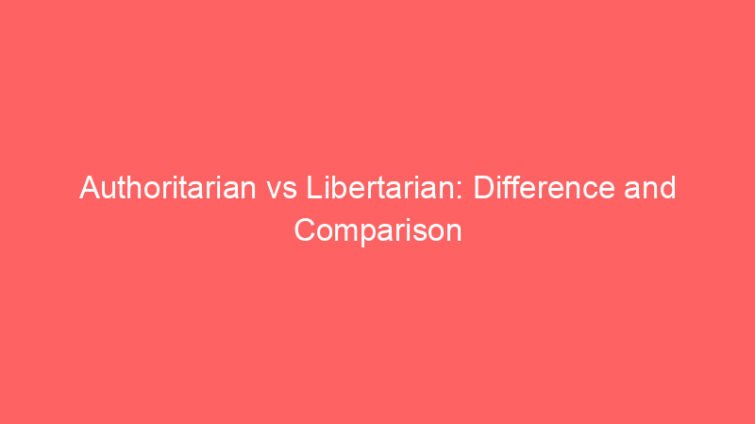
What is Authoritarian? Authoritarianism is a political ideology characterized by a strong central authority and limited individual freedom. In such a system, power is concentrated in the hands of a …

What is A4 Paper Size? The A4 paper size is a widely used international standard for paper dimensions. It is commonly used for various purposes, including office documents, letters, printing …

What is Abstract? Abstract art is an experimental style that does not want to depict visual reality like traditional portrait-like art accurately. It focuses on shapes, lines, and colors to …
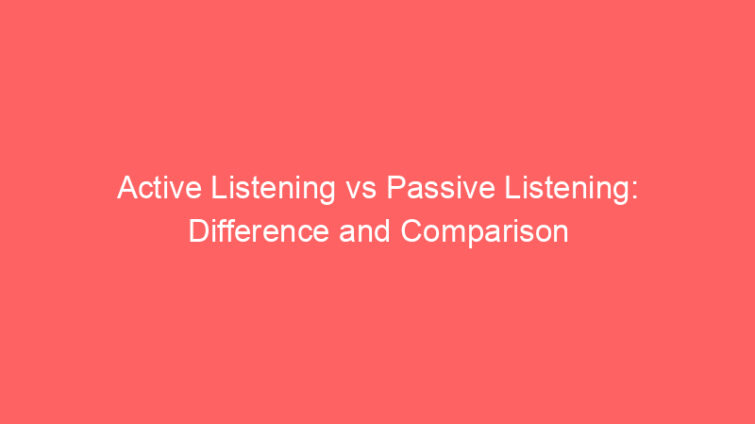
What is Active Listening? Active listening is a communication technique that fully engages and focuses on the speaker to understand and interpret their message accurately. It goes beyond simply hearing …

What is Analytical Philosophy? Analytical philosophy is a branch of philosophy that emerged in the early 20th century and gained prominence in the English-speaking world. It emphasizes the use of …

What is Apartheid? Apartheid was a system of racial discrimination as well as segregation. It was carried out in South Africa from 1948 to 1994. The term “apartheid” means “apartness” …

What is Aunty? Aunty is a term of endearment and respect used to refer to an older woman in many English-speaking countries like Australia, New Zealand and parts of the …

What are Chinese People? Chinese people are the ethnic group native to or associated with China, an East Asian country with a long and rich history. They form the largest …

What is Civil Liability? Civil liability is a legal responsibility that occurs when an action of an individual or organization causes harm, damage, or injury to another individual or organization. …

What is Concubine? A concubine is a woman who is considered to be a secondary wife to a man. This man holds a socially higher rank. The reason behind the …

What is Congress? Congress refers to the legislative branch of the United States federal government. It is a bicameral legislature consisting of two separate chambers: the Senate and the House …

What is Conservative? Conservative is rooted in the belief that established customs, and principles are essential for maintaining stability, order, and continuity in society. They tend to advocate for preserving …

What is Differential? Differential refers to a technique used to analyze the behavior of cryptographic algorithms or protocols, specifically in the area of symmetric key cryptography. Differential cryptanalysis is a …

What is Faithful? Faithfulness is a quality that holds great importance in various turns of life, including relationships, commitments and beliefs. It encompasses loyalty, trust and reliability that form strong …

What is Integer? An integer represents a whole number without any fractional or decimal part. It can be positive, negative or zero. It is used significantly in mathematics, computer science …

What is P? In statistics, “p” represents a population proportion or probability. It refers to the true, unknown proportion or probability of an event or characteristic within a population. “p” …

What is Precision? In various fields such as statistics, machine learning, and engineering, precision refers to the measure of exactness or accuracy of a measurement, calculation, or estimate. It is …

What is Preschool? Preschool, also known as nursery school, is an educational setting that provides early childhood education and care for children between the ages of 3 and 5. It …

What is Sincerely? Sincerely is a fundamental aspect of building trust and establishing meaningful connections. The word sincerely carries a significant weight in communication. For instance- when someone expresses themselves …

What is Muntin? Muntins are the vertical shafts existing between panes of glass in a traditional multi-pane glass composition. Vertical strips between windows or larger panes provide additional support and …
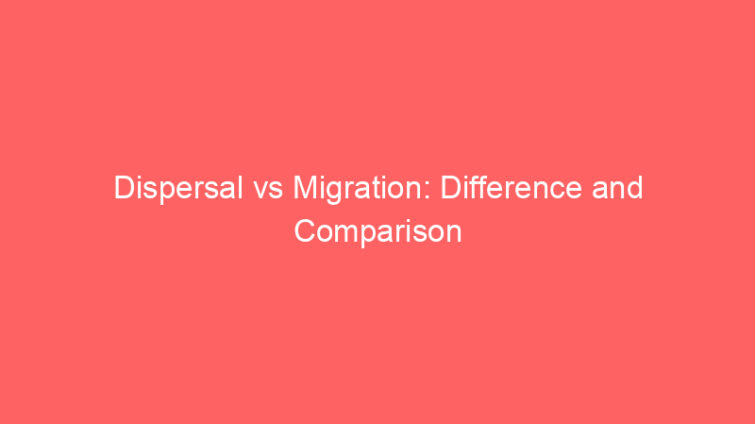
What is Dispersal? Dispersal is when an individual moves away from their birthplace to settle in a new place or area. Dispersal is a natural phenomenon followed by various species, …

What is Content? In education, content refers to the knowledge, skills, and concepts students are expected to learn and master within a specific subject area or course. Content can include …

Who Was Mahatma Gandhi? Mahatma Gandhi was an essential figure in the history of India’s Independence movement from British Rule in 1947. He is renowned for his philosophy of nonviolence …

What is Planning? Planning is setting goals, determining the necessary steps to achieve those goals, and creating a strategy or blueprint for carrying out those steps. It involves thinking ahead, …

What is Constitution? A constitution is a foundational legal document that establishes a government’s principles, structures, and processes. It defines the relationship between a country and its citizens, outlines the …

What is Criminal Investigation? Criminal investigation is a captivating field that plays a vital role in maintaining law and order with the societies. It is an amalgamation of science, intuition, …
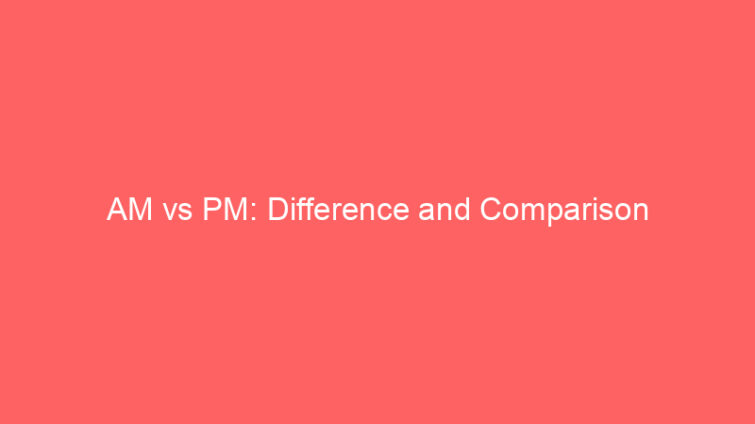
What is AM? The early hours of the morning, referred to as AM, mark the beginning of a new day. As the sun rises and casts its warm glow over …

What is Meant By Study Abroad? Studying abroad involves travelling to a foreign country and enrolling in an educational institution to pursue academic programs or courses. It allows one to …

What is Subject? The subject can refer to multiple things depending on the context. It can be a broad concept encompassing a particular area of study or investigation, or it …

What is Authoritarian? The world has seen several types of government systems through the ages, and authoritarianism is one of them. An authoritarian is someone who rules this system. It …

What is Detention? Detention is defined as the time when the police hold a person or an individual for a while. This is done for a short period where the …

What is Negotiation? Negotiation implies a systemic process to resolve the conflict between the two parties with a mutual agreement. The conflict between the two parties involved in negotiating implies …

What is Investigation? An investigation is a systematic and formal method followed by examining the evidence or facts to solve any truth or problem. This process may include various methods …

What is a Single Use Plan? The single-use plan is a technique used to solve a specific one-time situation. This kind of strategy can not be used repeatedly. They are …

What is Verification? Verification is confirming whether something is true, accurate, or valid. This process is used to ensure that a statement, claim, or piece of information is reliable and …
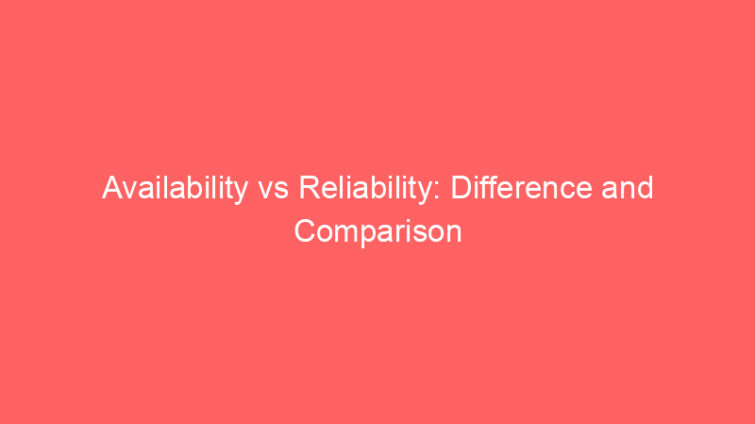
What is Availability? Availability is a unique parameter that determines the ability of a system to perform tasks regularly according to the requirements. It is an operational parameter. It is …

What is Novation? Novation is a legal concept that gets used in the context of contracts. It is a process where one party of a contract gets replaced by a …

What is Dispersal? Dispersal refers to the movement of individuals or propagules (such as seeds, spores, or larvae) from their birthplace to a new location where they establish a new …

What is Authoritarian? Authoritarianism refers to a form of government or leadership characterized by strict control, a lack of political or individual freedoms, and an emphasis on obedience to authority. …

What is Acquittal? A verdict given by the judge in the court of justice where a legal confirmation is passed that the accused is innocent based on the evidence and …
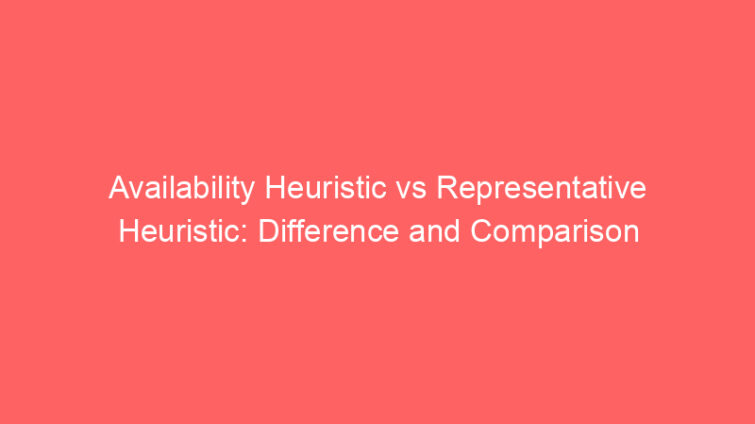
What is the Availability Heuristic? The availability heuristic is a type of heuristic judgment you make based on recent available examples. The availability heuristic is based on the memory of …
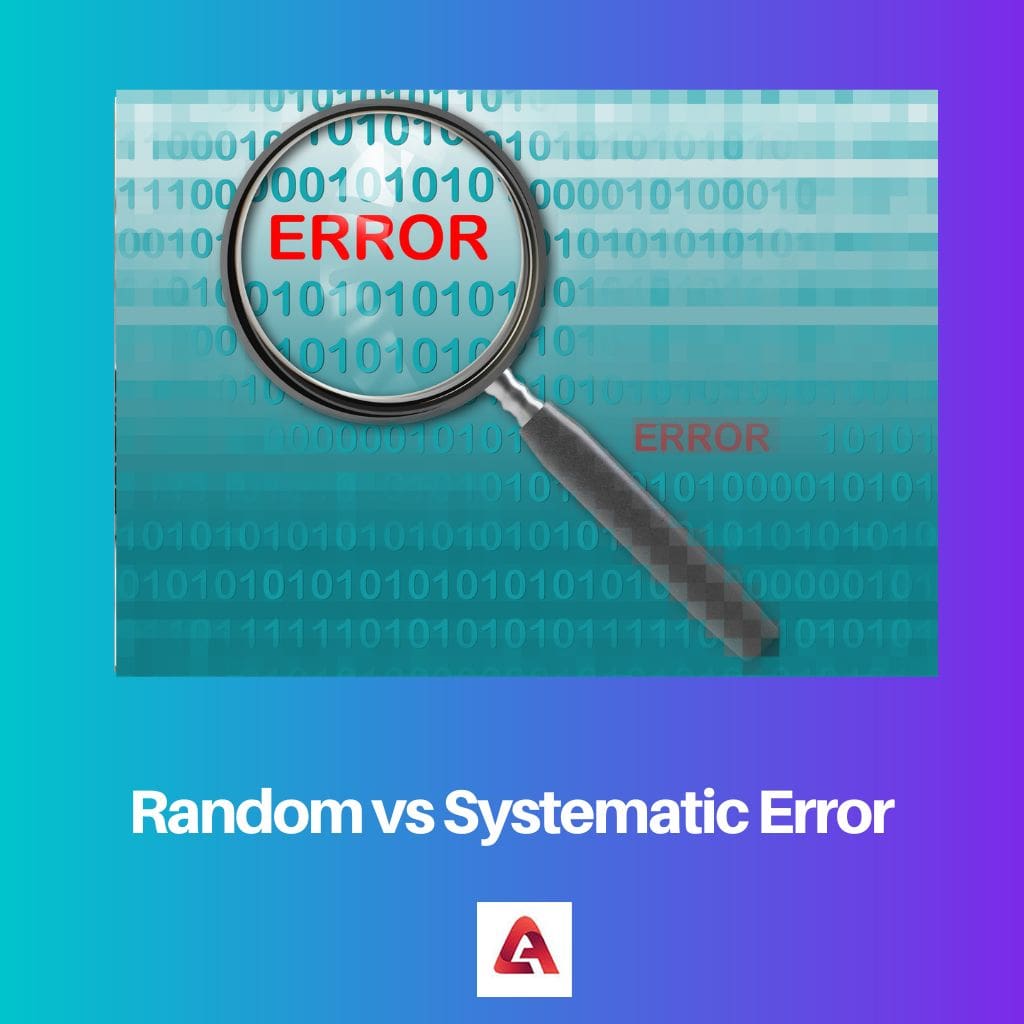
What is Random Error? The error in which the obtained value is random each time a set of readings are calculated is known as a random error. There are unknown …

What is Collaborative Learning? Collaborative learning is a form of learning that involves working together in groups to enhance learning. In this kind of learning, two or more learners work …
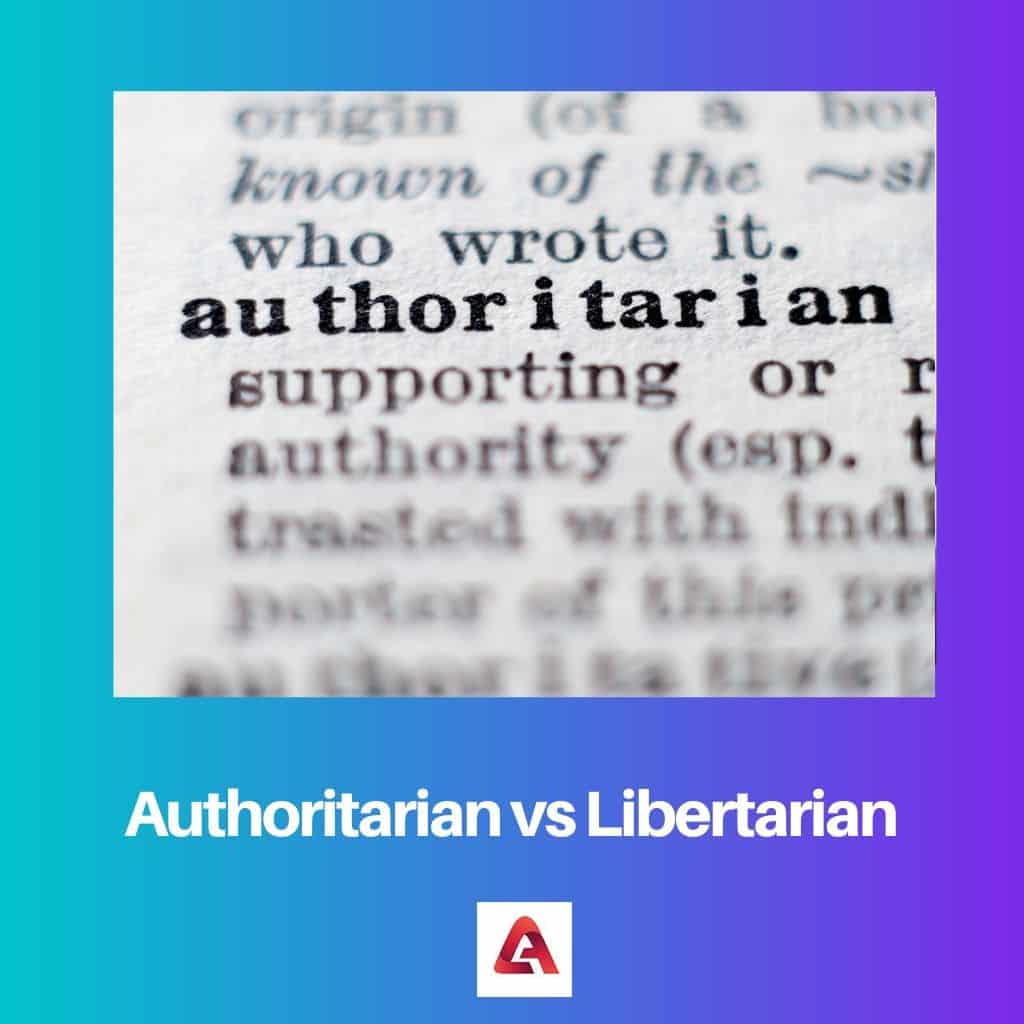
Authoritarian is a type of government in which the power is in the hands of either a small number of people (the elites) or one person (an autocrat). It lacks …
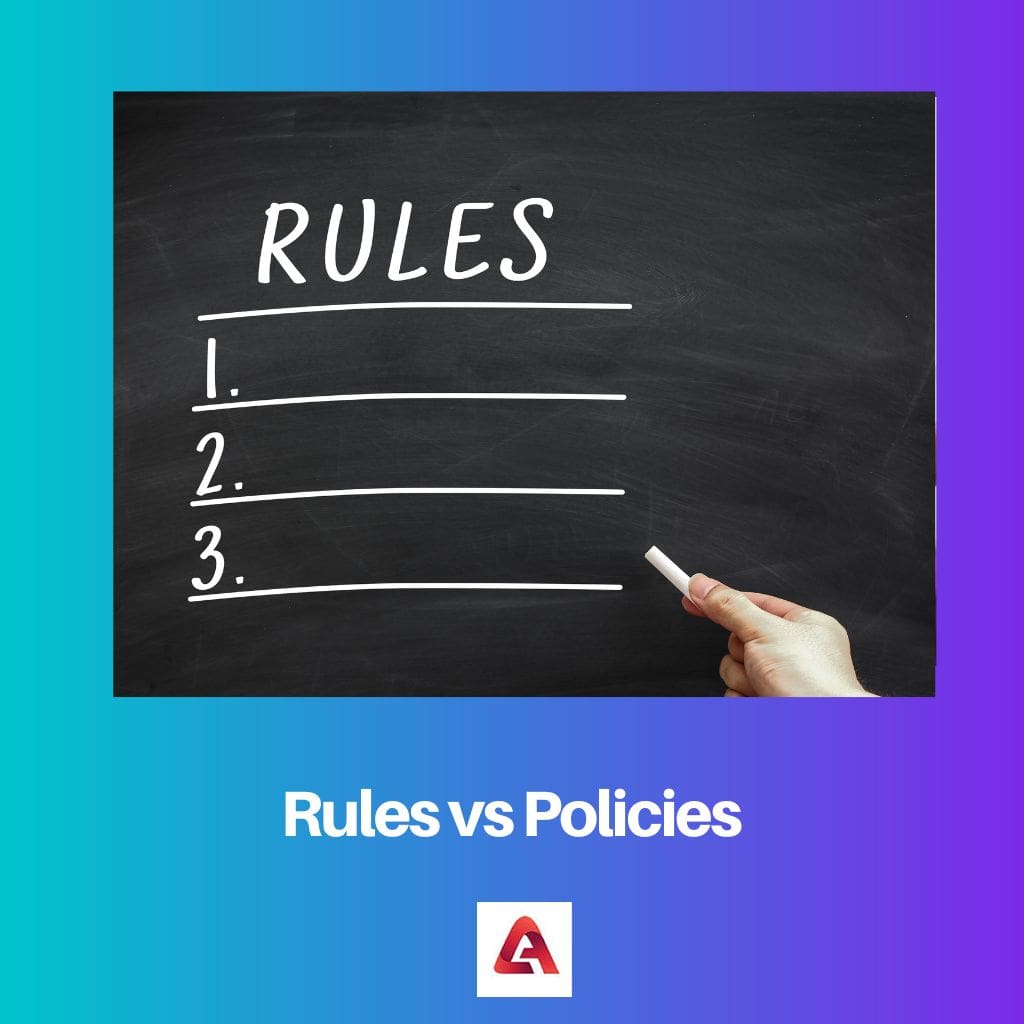
Rules and policies are guidelines or regulations used to govern behavior or decision-making. However, there are some key differences between the two. Rules are specific and detailed guidelines that are …

History can be learned from manuscripts and inscriptions. Manuscripts are written by hand or manually typed, whereas inscriptions are written on relatively hard surfaces like stone or metal. In this …
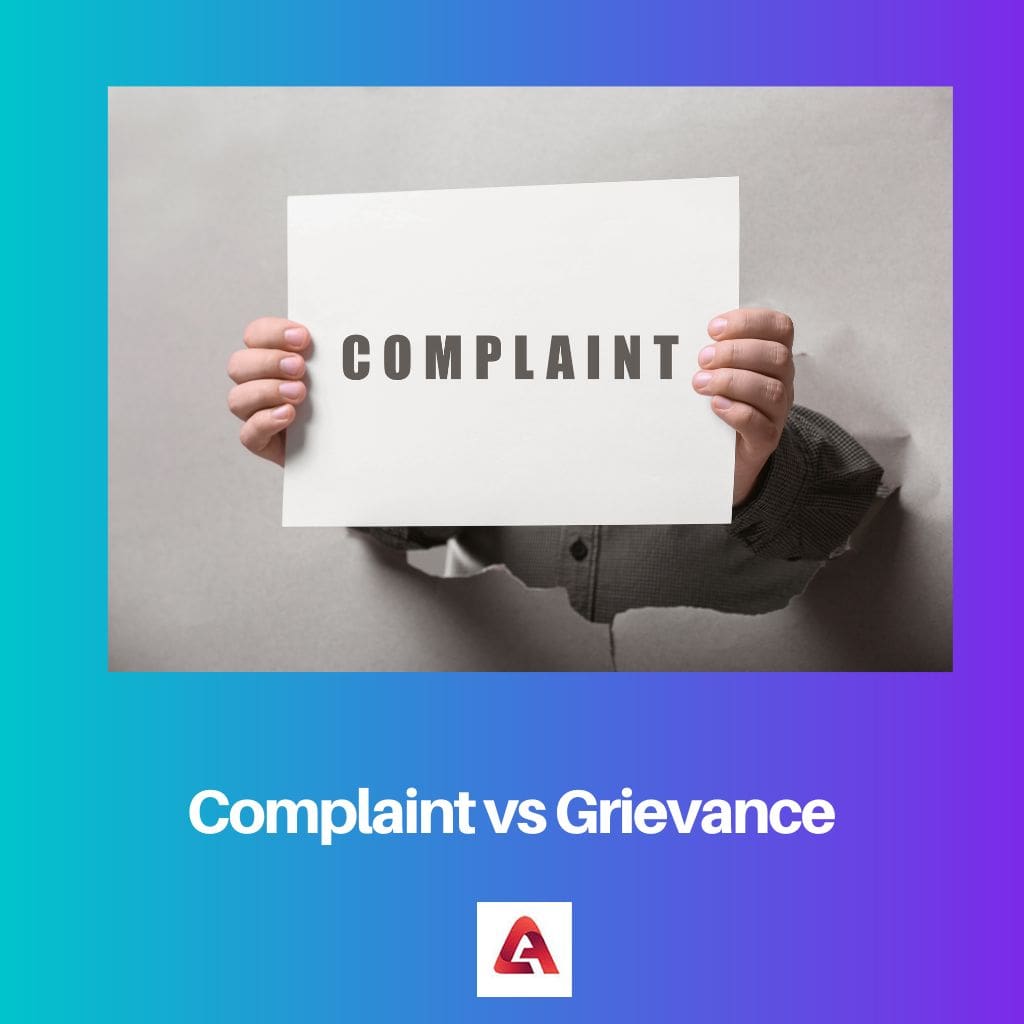
A complaint and a grievance are two different things, though they can be confused or used interchangeably. A complaint is an expression of dissatisfaction made by one person or group …
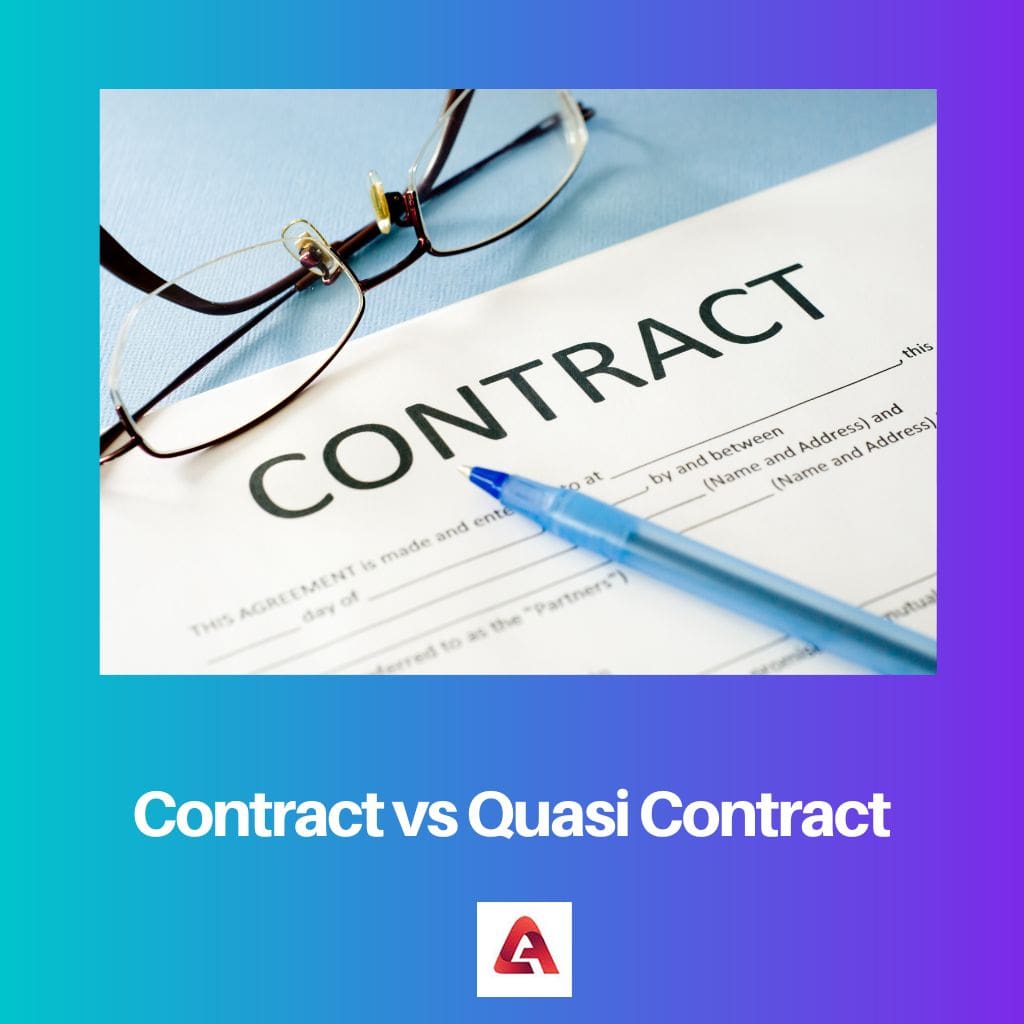
The Contract is a legally enforceable agreement among its parties. It involves transferring money, services, and goods or a pledge to transfer any of these at a certain duration. The …

Active learning is the method of learning in which the teacher and students play an equal role in making the learning environment, while in passive learning, most of the job …
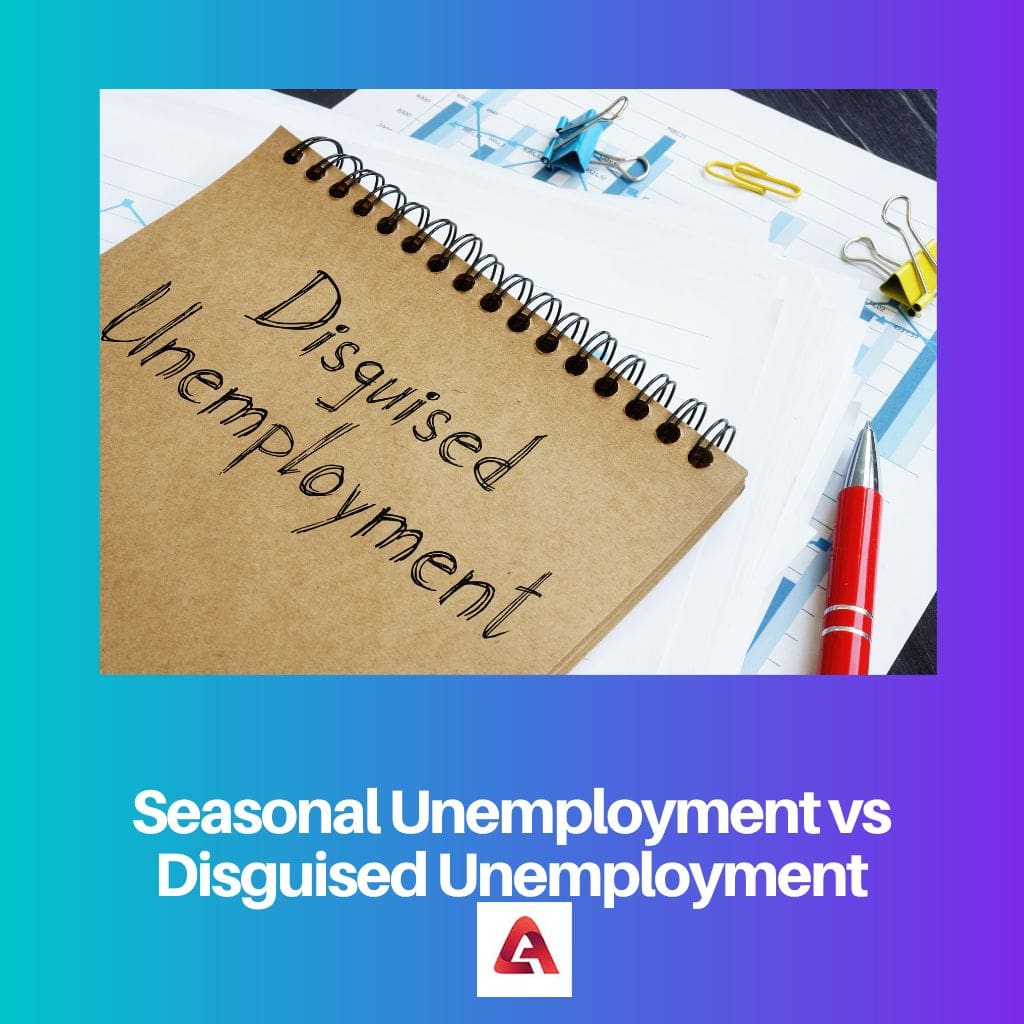
A person gets a job in order to provide a decent standard of living for himself and his family. However, sometimes there are situations in which he loses his earnings. …
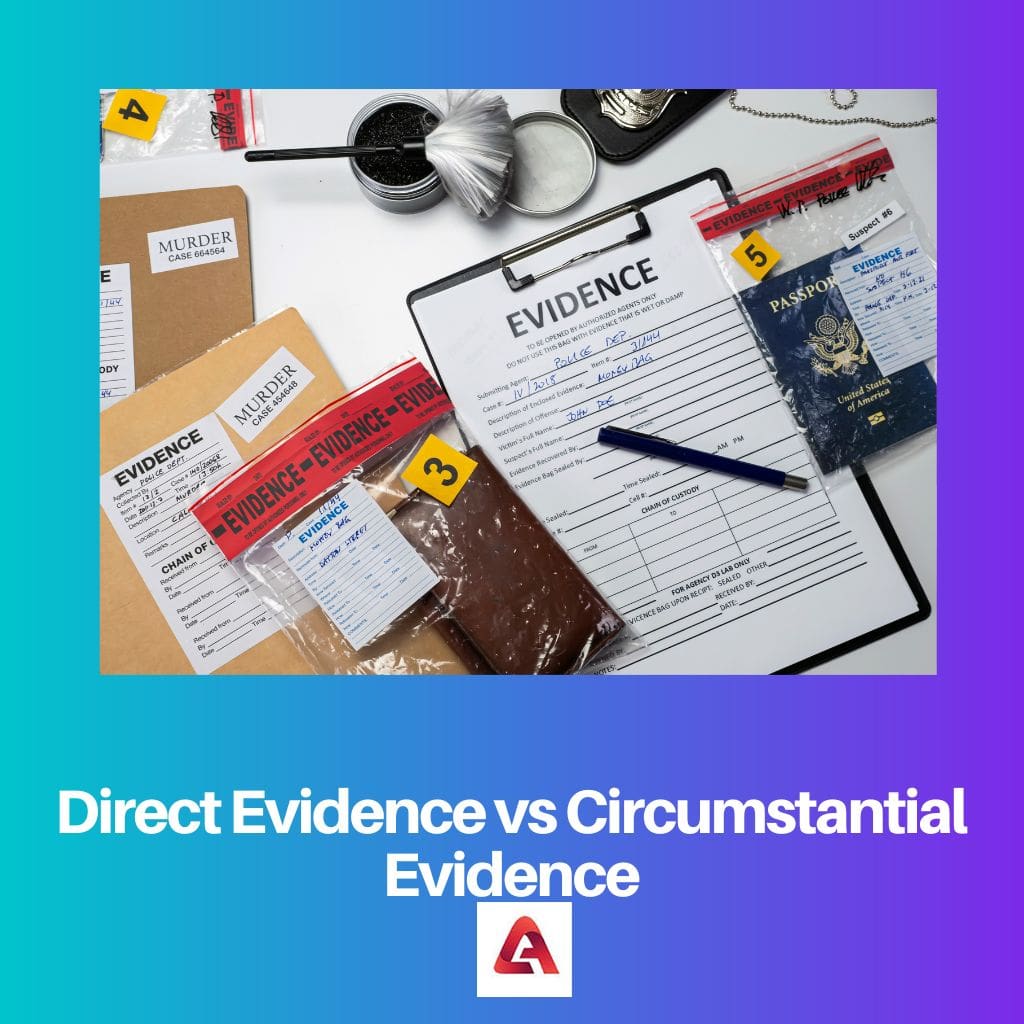
In a criminal case, the court can accept two types of evidence submitted by the prosecution to prove the guilt of the accused. One type of evidence is direct, whereas …

The difference between liquidated damages and penalties is that liquidated damages are the approximated amounts that parties designate during the implementation of a contract to act as security for the …

Qualitative methods of sociological research are widely used throughout the civilized world. They allow for a deeper analysis of public opinion and to see patterns of perception of social information, …

Anti-selection describes a rise in the possibility that a person may cancel their pre-existing contract because they are confident that demands and needs exceed what the service provider has included …
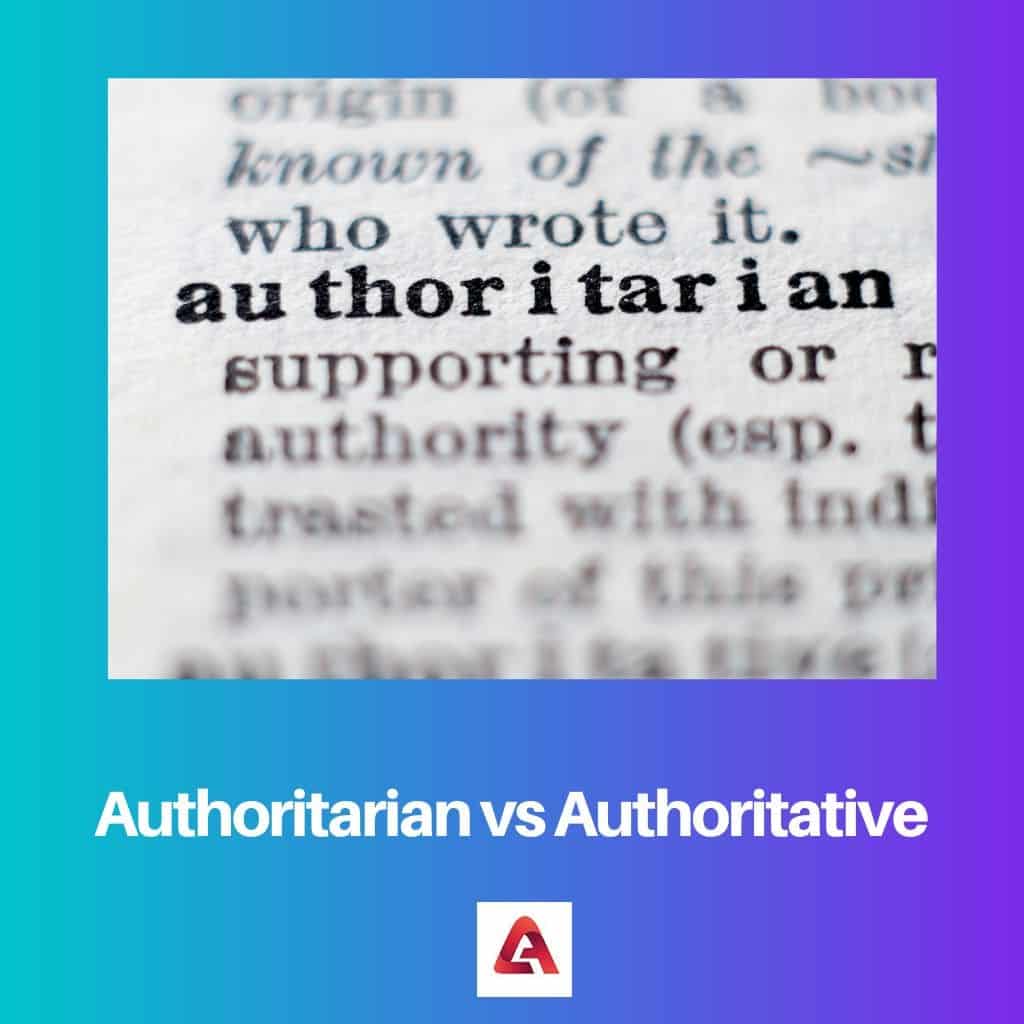
The goal of the studies of Authoritarian and Authoritative was to examine the parent’s point of view and how it affects the development of the child. Naturally, it was never …
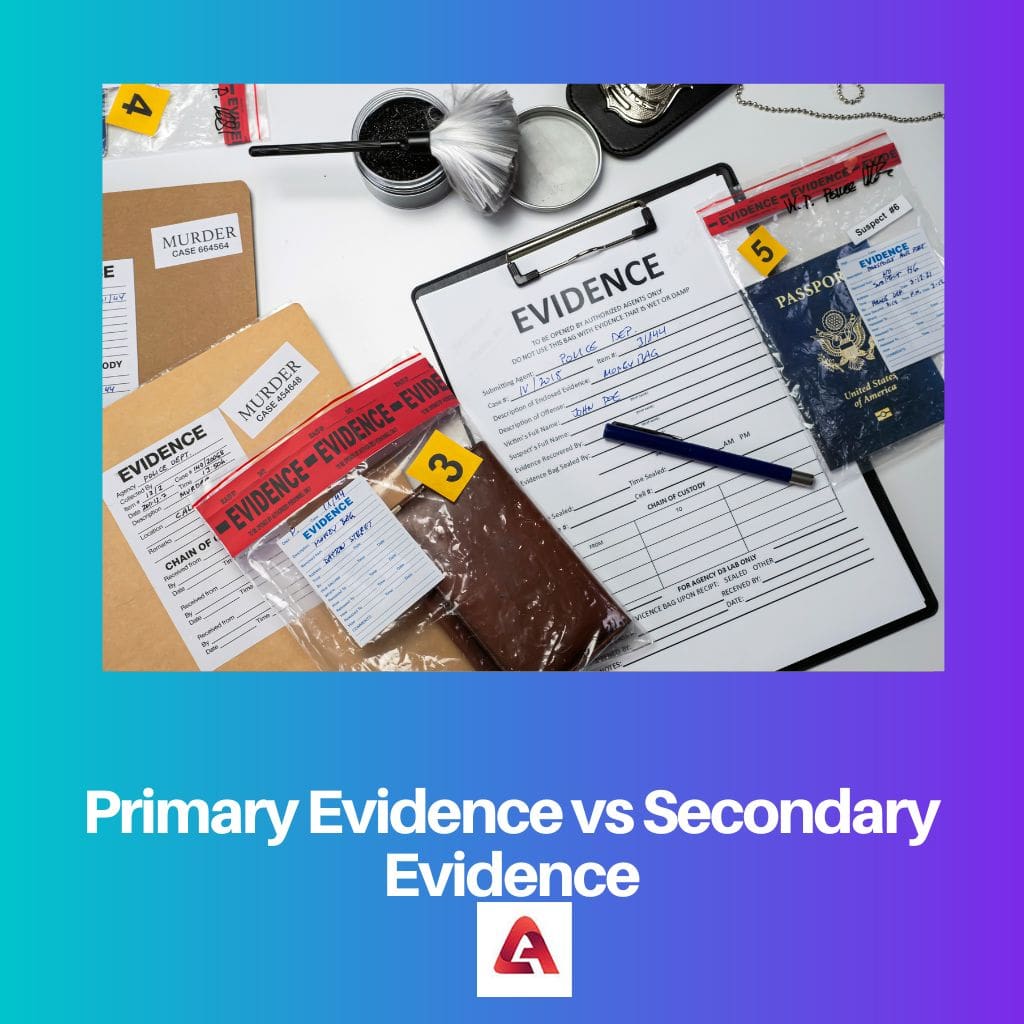
Evidence refers to proof/evidence of data or actual statistics that displays the validity or authenticity of a notion or proposition. Anything legally presented in court that establishes the truth of …

Models and Algorithms are the most fundamental concepts in mathematics and the applied sciences that use them and in modern information technology. However, the places occupied by these concepts are …

The word journalism was initially applied to reporting current events in written kind, specifically in newspapers. However, with the appearance of radio, television, and, therefore, the net within the twentieth …

A person can’t conduct every business deal alone. Caused by lack of time and the complexity of their operation, they need assistance. In these circumstances, people use a third party …
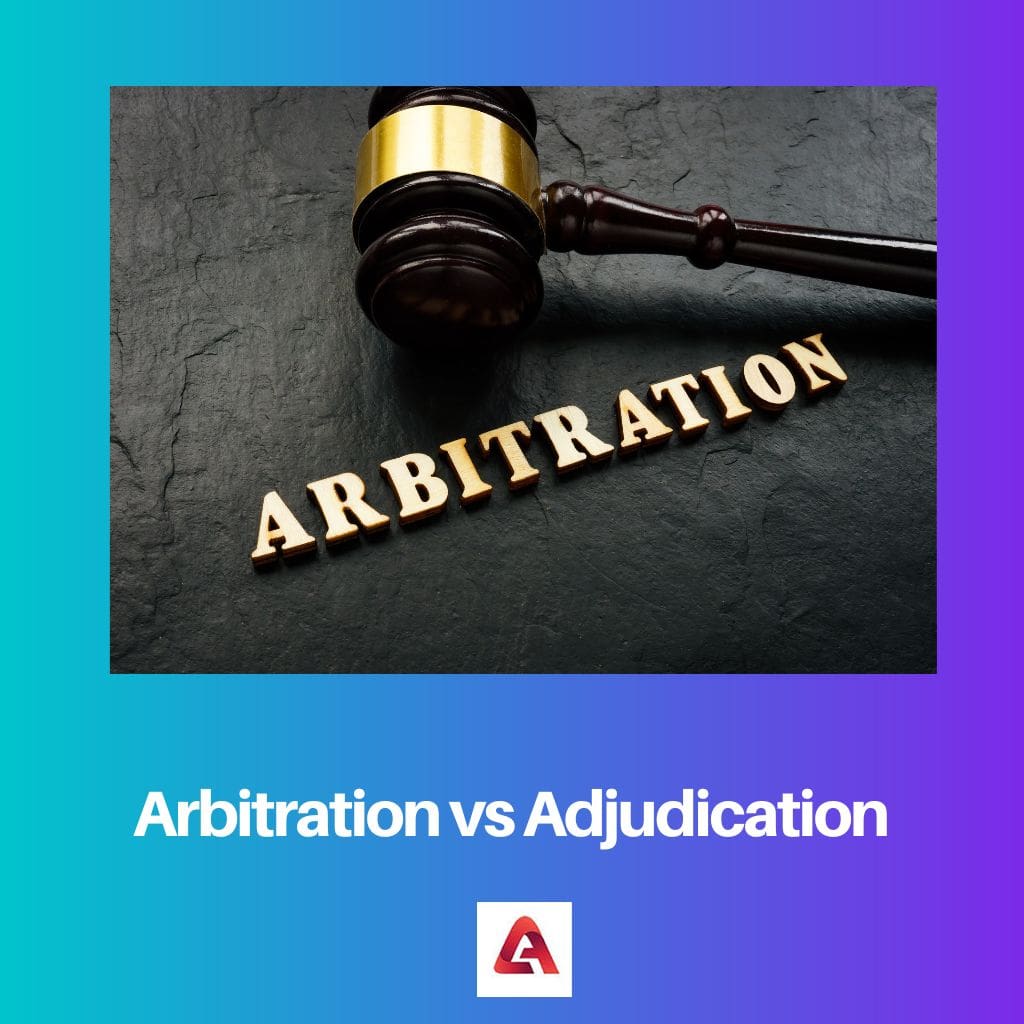
Arbitration and Adjudication apply to two methods for resolving disputes between the parties. They are similar resolution methods for disputes; however, these helpful procedures in both cases differ. The required …

The words “motion” and “resolution” are fairly common in the context of a meeting or convention. Their meanings are not the same. However, excessive and unwise use can cause great …
Sovereignty has a basic meaning, a supreme authority inside a territory, though its definitions have changed over time. It’s a contemporary concept of political power. Even as Blackstone articulated it, …
In American history, George Washington and John Adams are two famous names as they were America’s first two presidents to be chosen. Both of them contributed significantly to the development …

India has a different certification system for food, water, packaging and electronics. A manufacturer needs to obtain either BIS or FSSAI certification to sell the products to consumers. Certain criteria …
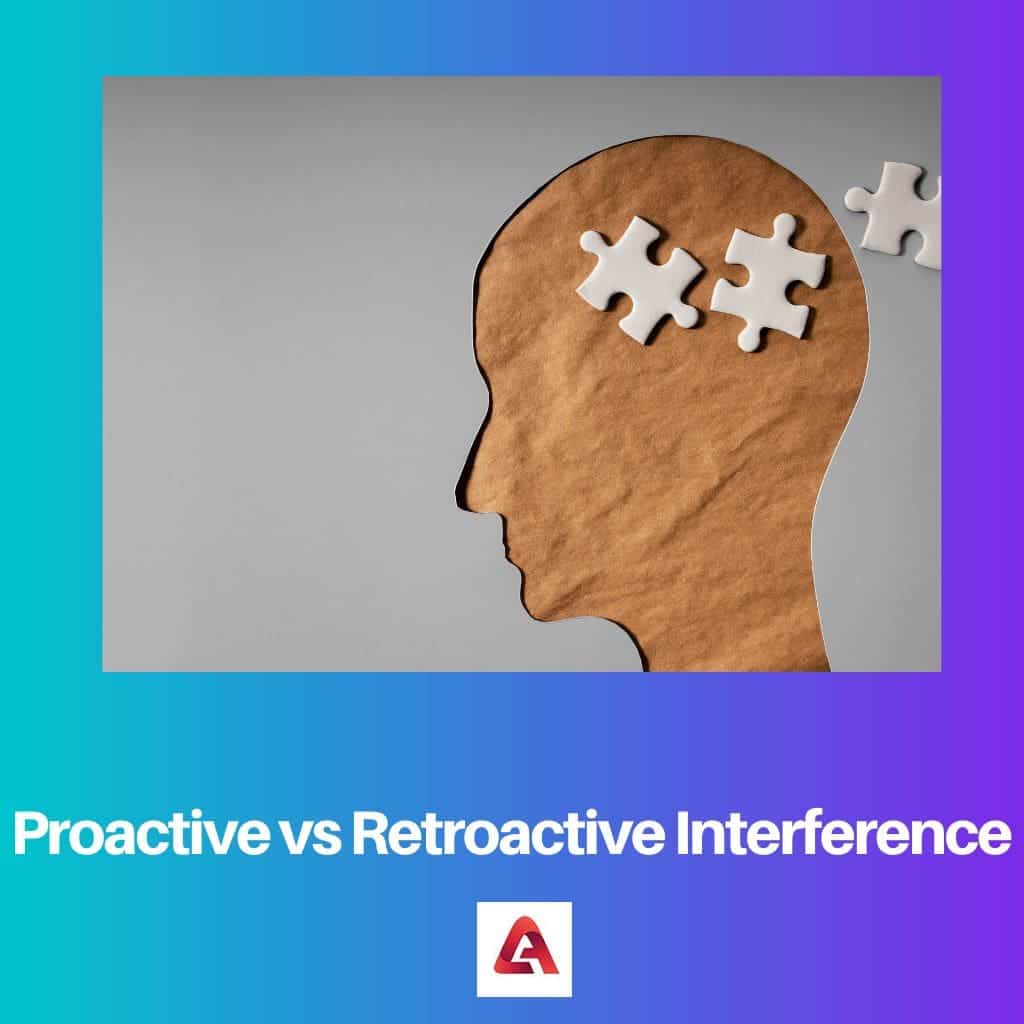
The principle of interference describes why we forget stuff. When we try to recall information from our long-term memory, one recollection may conflict with another. Things we’ve learned in the …
A set of principles or a course of action proposed or adopted by an individual or an organization in order to achieve rational goals is known as a policy. On …
In English, some words seem associated with one another. But the fact is that both are different in terms of meaning and facts. Tree bark and a dog’s bark may …
Both dreams and wishes, in common terms, mean hope or desire, but they are different things. We want a dream to become true in the future, while a wish is …
The words Able and Abel are both homophones. These words belong to different parts of speech. They also have a unique meaning of their own. The term able is the …
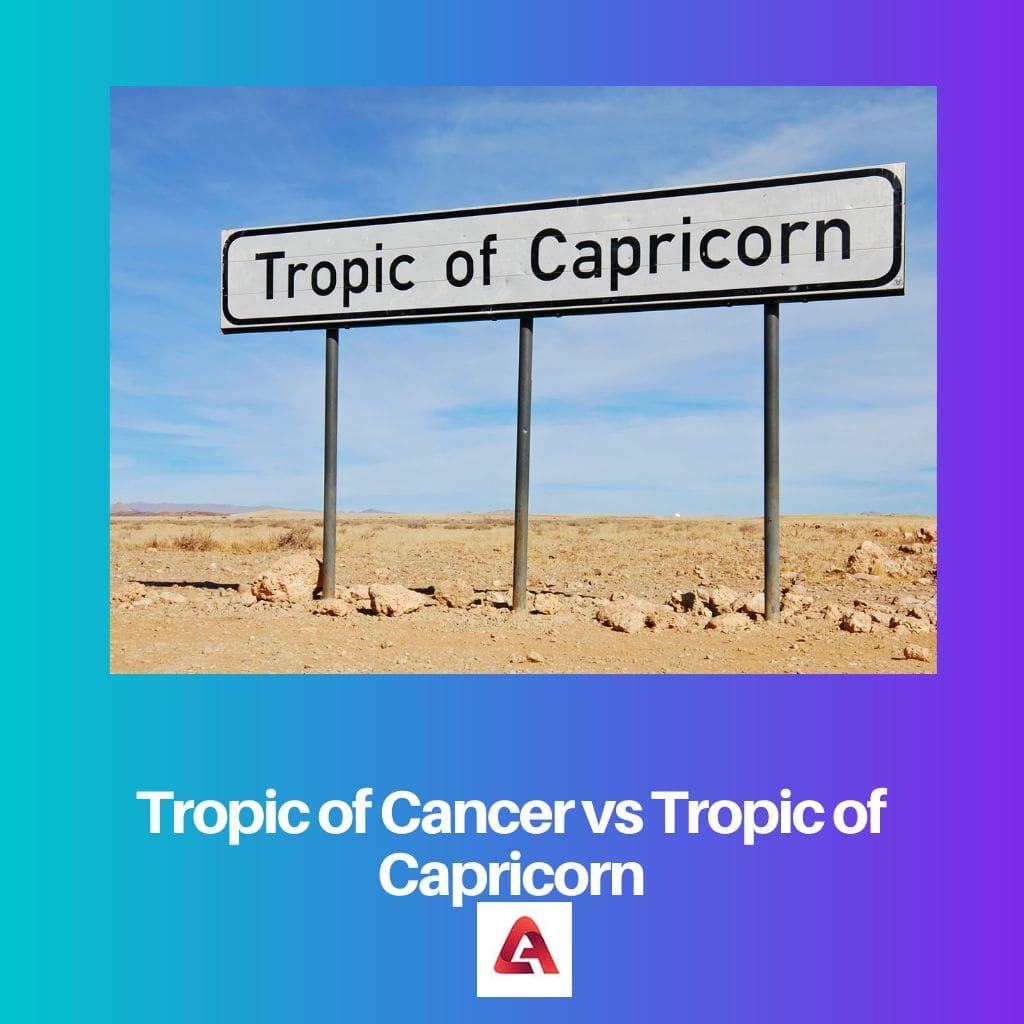
As we know, the earth is round in shape and hence there is no particular side of it. But, certain imaginary lines pass through the earth and therefore divide them …

Military services are the reasons we sleep and survive peacefully. They protect our nation by sacrificing their own lives. The job of the military is respected and recognized. It is …
Education is the first step that has helped human beings to evolve. Education is about teaching things to students about living a convenient life, but there has always been adversity …
Football has over fifty-one types of kicks, and two of such kinds are corner kicks and free kicks. Corners are a great spot to score goals easily, although, with apropos …
With developmental strategies and techniques, the world has immersed as a growing platform. Vocabulary, grammar, math, English, and various other topics have emerged greatly. English has introduced us to several …
People might be baffled by the meaning of a few words and sometimes end up comprehending those words as synonyms. Before employing a word in a text or speech, it …
Ring and wring are homophones where “w” in wring is silent. The “ring” is a word that has multiple meanings depending on the context, but “wring” only has a singular …
Paperback, hardcover books, and bookbinding technologies are two types of books. A paperback is sometimes known as a softback or softcover. Meanwhile, a hardcover book is also known as a …
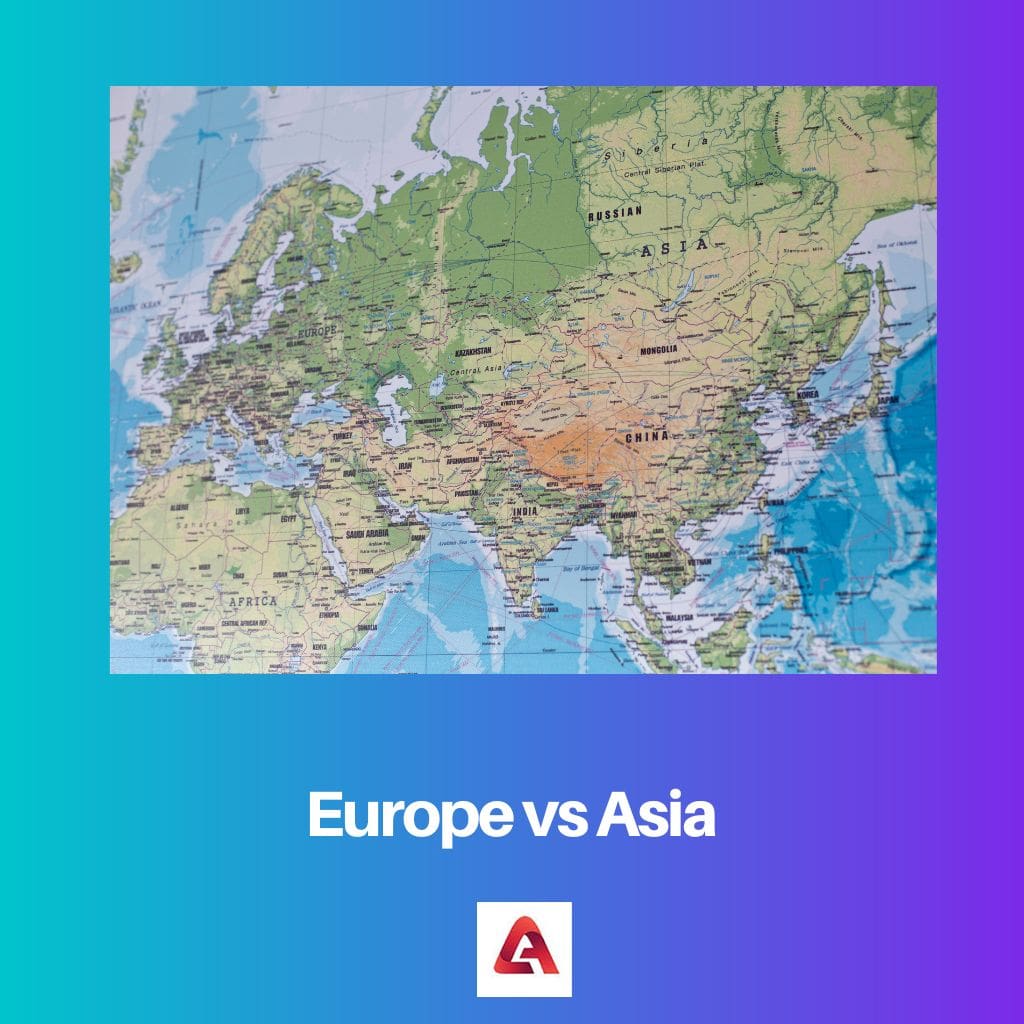
The world is divided into seven different continents, further divided into different countries and states. The countries on these continents have different cultures, languages, lifestyles, etc. Among these seven continents, …
Nap and knap are two words in the English language. The real confusion between nap and knap is due to their pronunciations. Both nap and knap define human actions differently. …
Everyone loves color and drawings. Drawing and painting are some of the core subjects in schools, and almost every person has made drawings and paintings at least once in a …
Every individual interacts with other individuals to survive. In the beginning, the interaction is with the parent or caretaker, but later on, with other individuals in the society. As interaction …
Loyalty and faithfulness are two adjectives that refer to sincerity, reliability, and honesty. A little difference can sometimes have a significant implication. The same can be said about loyal and …
There are many sports which are played in today’s time. Games have been played since the time humans have existed on this planet. They are fun and pleasing, and everyone …
Many English language learners have trouble spelling or using these words correctly. ‘Won’ and ‘one’ are homonyms that are frequently indistinguishable. Because the words ‘won’ and ‘one’ seem similar, it …
When it comes to sociology, it can be described as a social science that aims at human social behaviour, social relationship patterns, cultural aspects, and social interaction linked with everyday …
While looking at the latest scenario, the education system and methods have evolved much. Open education has cleared the barrier of minimum qualification marks hence open for all. Distance education …
When writing in a dialect, a writer must use caution. Only because two terms sound similar ( because they are heterotrophs (a subset of homophones) doesn’t imply one to be …
We all have heard of Grand Prix and Formula One because of their popularity. These are wholly different. These both contribute to championships of various races and competitions. These hold …
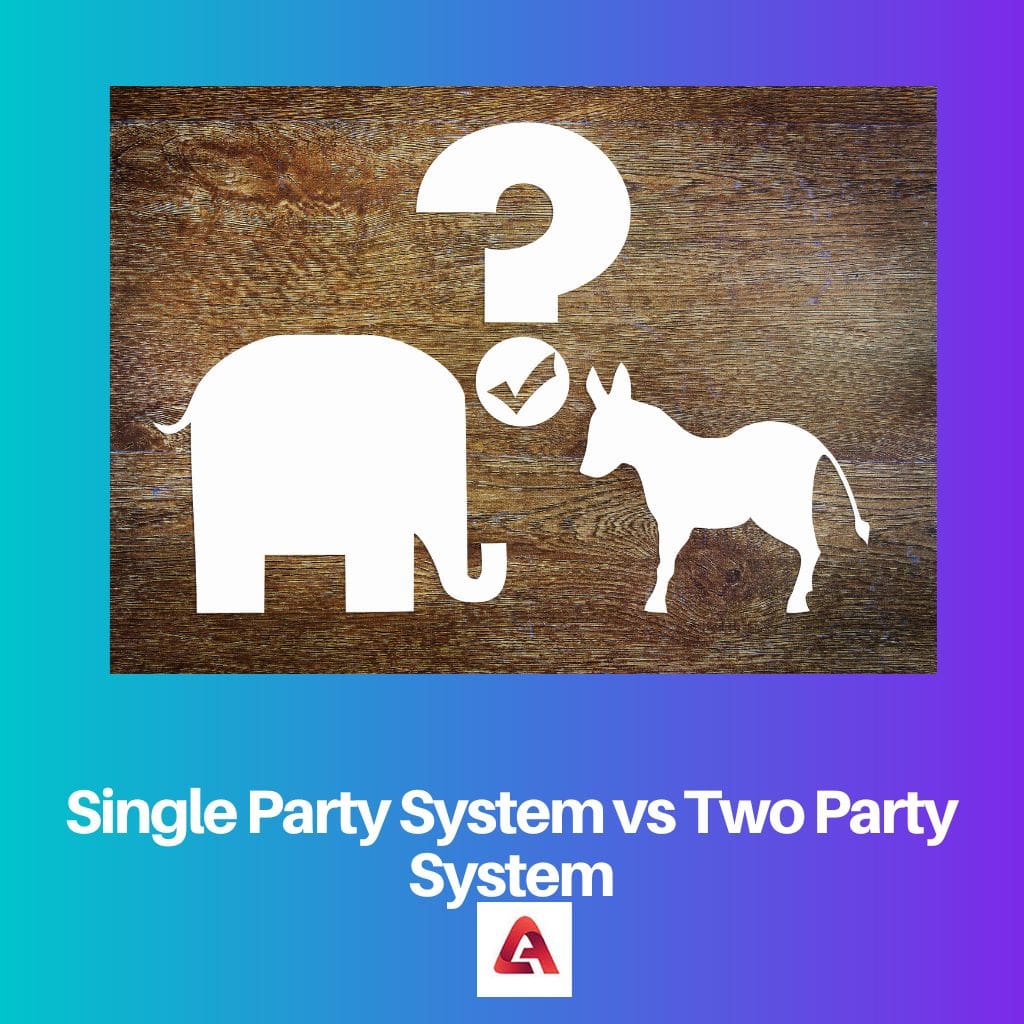
A one-party state or system is one of the words used to describe a single-party system. The political party in power monopolises the administration under the governance of a “single-party …
While conceited and narcissistic are used interchangeably, they don’t mean the same thing. Conceited is a synonym for vain, which means “excessively proud of one’s appearance or achievements.” Narcissism describes …
When you differ between reflective personal morality and professional ethics, it is based on the concept of doing things or thinking differently depending on the circumstances. Reflective personal morality is …
A Monarchy is a rule in which the Monarch is referred to as the head of a state or country. There are two main types of monarchies, Absolute Monarchy and …
Two homonyms that signify flatness are plane and plain. There is a common misconception regarding plain and plane. They denote the same thing in one sense but are utterly different. …
Heir and air are both pronounced as air but they have different meanings and significances. Both the words are completely different and hence can neither be used as synonyms and …
English is a global language. This is because almost every person takes English as their second language. After all, it is easy to communicate where ever you go since someone …
The English language is characterized by a plethora of different words, phrases, idioms, and nouns. While some may appear synonymous vocally or in the written language, they tend to have …
Nowadays, engineering as a career is trending among the youth. Aerospace and aeronautical engineering are two interchangeably used words as they have so many similarities. Both branches require a lot …
The terms gourd and gored appear the same but have multiple interpretations and spellings as they’re both cognates of the English language. Both words are distinct from one another, and …
The words click, and clique belong to two different parts of speech. These words are pronounceable in the same manner. They are homophones, as the meaning of these terms differs. …
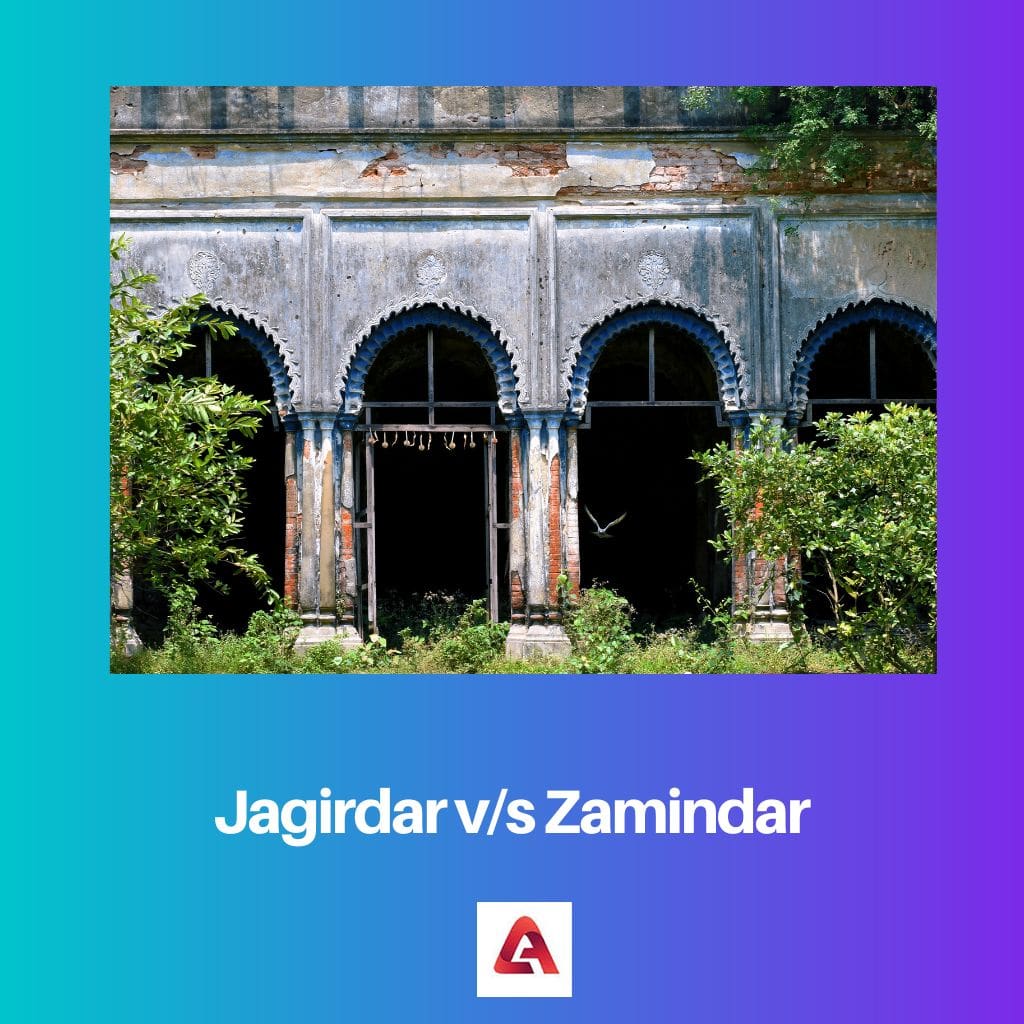
During the Mughal era in the Indian subcontinent, many Hindus were converted into Muslims and termed nawabs. These nawabs were appointed as a representative of the emperor to rule and …

“Knowledgeable” refers to someone who learns information through a variety of informal situations. The experiences that occur in a person’s life are the source of their knowledge. He learns and …
There is a lot of confusion between the terms week and weak English grammar usage. The scepticism is due to the phonetic resemblance between these two terms. Weak and week …
Even though bale and bail are homophones, which means that they sound precisely the same, they have completely different meanings and spellings, even though they have the same pronunciation, they …
India is a country where people from different cultures, tribes, and religions live; it is called a country that has “Unity In Diversity”. Such diversification can be found in different …
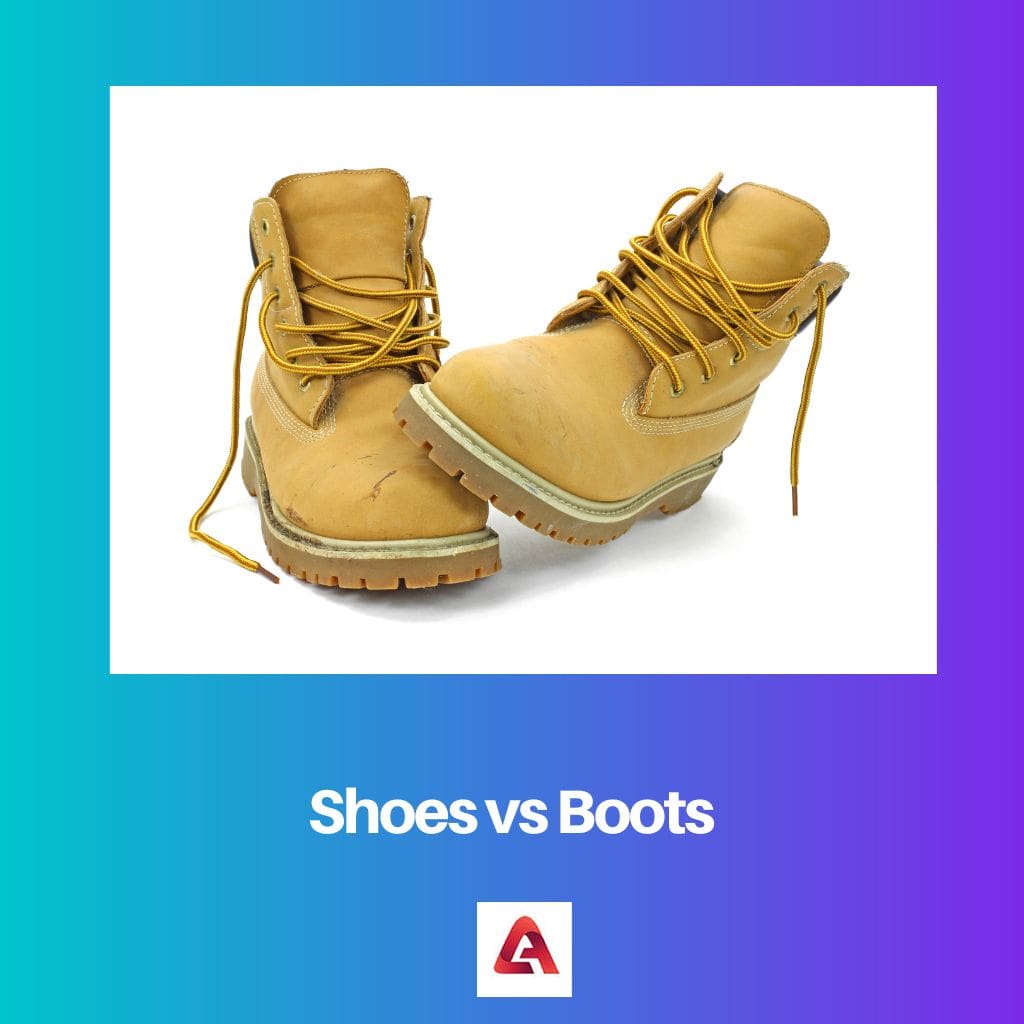
Footwear has to be worn on the feet. It protects our feet from all types of environments, ground textures and temperatures. Footwear is very important because it helps humans to …
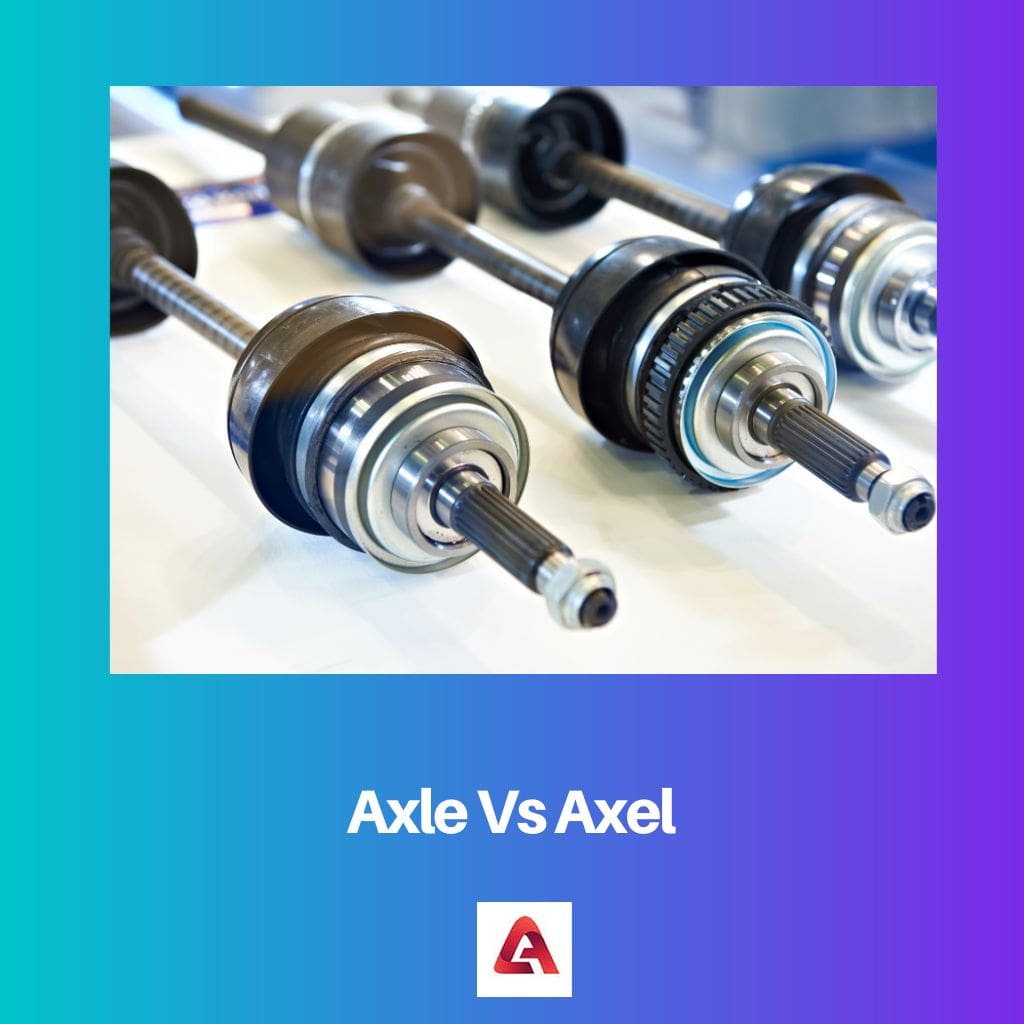
As a small alphabet, spelling plays an essential role in the production of words, and the aim or meaning of the phrase and the word can be completely different. An …
The terms coolie and coulee are pronounced similarly. The word coolie is used to define a low-wage laborer. They are commonly given employment in south Asian countries. A coulee is …
The terms exceed and accede, are both verbs having a slightly similar pronunciation. However, the word exceed means to go beyond something. The word ‘accede’ is definable as assuming a …
The plurals of the word “formula” are “formulas” and “formulae.” The word ‘formula’ derives from the Latin word “formula”. It traditionally denoted a variety of things related to structure and …
In today’s modern world, the new variance of a racing car is being developed, which can challenge the speed of the wind. Several racing events are conducted by different organizations …
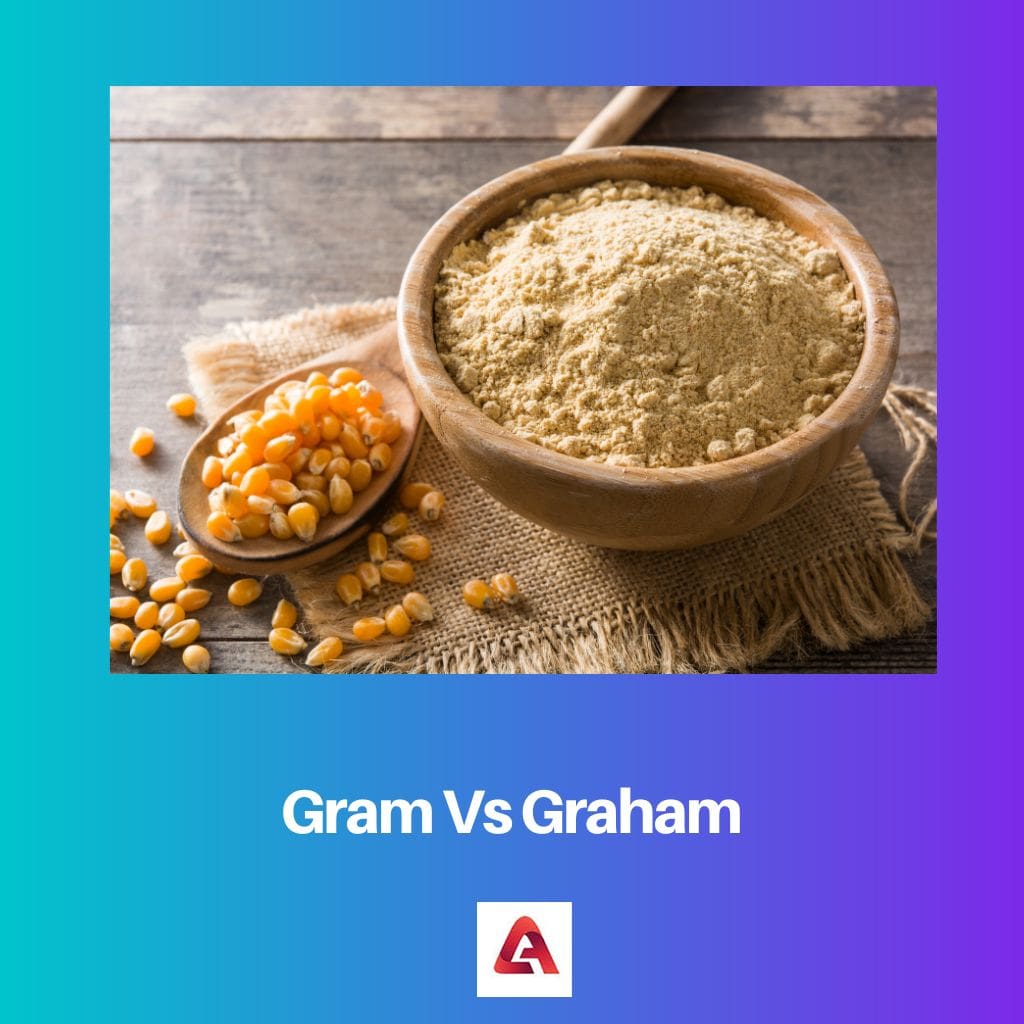
There are various types of flour. In theory, everything that can be worn down can be flour. Flour may be made from almost virtually anything. Anyone with celiac disease or …
The solving of integral functions by using formula or partial methods is called Integration. Over and above, differentiation and integration are calculus’s two most fundamental, essential operations. It acts as …
Even indigenous speakers make mistakes with ‘two’ and ‘too. ‘ Even though their spellings differ, they are frequently confused. That is because they have the same sound yet mean different things. …
Adjectives play a crucial role in any language as they help in the formation of the entire picture in the mind of the readers. There are various adjectives in the …
Flowers can be used for several different purposes. One of the major purposes of flowers, apart from their biological role is that they can work as a great gift to …
If I asked you what is the most valuable thing to you? Many of you might mention an expensive item that you own or might just mention something that has …
The beliefs and culture followed by the grandparents can be completely different from the grandchildren. For grandchildren, those traditions might appear to be illogical. All of this occurs due to …
The most common dilemma that every reader or writer faces is when they get confused between the meaning of different words. There are more than one million words in English, …
Ancient civilizations utilized seals and are significant in geology and art heritage. Carved or embossed cylinder inscriptions in granite or other substances were employed in southern Mesopotamia. These might be …
When referring to other things or while comparing, people interchangeably use the words relatively and comparatively. They can be considered as synonyms of each other, but most don’t know the …
Autonomous and independent are used to describe an entity that can operate alone. However, Autonomous and independent are two different words that are confused with each other. These words are …
There is no better place in the world than one’s home. Hotels, lodges, tourists homes, etc., have their perks while people are traveling. However, no abode can be as peaceful …
Various methods demonstrate and exhibit team spirit and form communal bonds. The two most common methods are March Past and Parade. Both seem similar but have distinguishable differences and features. …

The English words ‘whole’ and ‘hole’ are mistaken to be the same. It is common for English language learners to confuse these words since they are homophones and have the …
The Mediterranean region and the Middle East are two of the world’s largest and most famous regions. Both the regions, Mediterranean and Middle Eastern, are very famous all over the …
The decision between IELTS General and Academic Training is based on your motivation for taking the test. The IELTS General exam assesses your ability to communicate effectively in everyday English. …
Valid reasoning and argument involve a logical flow of ideas with no grammatical errors or ambiguous sentences. There are several instances of such mishaps in everyday language. Formal fallacy and …
Edition and Addition are words belonging to different fields of study. An edition refers to multiple series and the form through which written material is published. The term addition is …
We, as human beings, have lots and lots of needs and requirements. When one of our needs is achieved, another need comes into play. In Maslow’s need hierarchy theory, it …
Football is an emotion for many people all over the planet. People idolize this sport along with its players. Football players like Messi and Ronaldo are idols for many. A …
Words like blew and blue are quickly confused. Homophones are utterances that have identical phonetics but vary in wording and significance. Many homophones exist in the English language, and they …
The data produced around the globe nowadays is enormous. This information is created not just by humans, but also by smartphones, computers, and other electronic devices. A programmer would undoubtedly …
Shoes are an essential part of our lives. They provide stability and support to the foot and also protect against various diseases and infections. Depending upon the area of application, …
Cue primary grade deja vu. Math has a bittersweet relationship with everyone on this planet. From being everyone’s favorite subject due to the lack of theory in the syllabus, it …
The core of a term is given by its meaning, which provides context and a better understanding of situations and even life. Several terms sound similar but cannot be used …
According to the criteria of the United Nations, countries across the globe are categorized broadly into three categories. These three categories are developed, developing, and underdeveloped countries. The United Nations …
There are several differences between risk and RISC, including their origin, meaning, and many other aspects. Risk is an English word used in different ways in English vocabulary. RISC is …
Who will not like to know something about the unknown? Who wouldn’t love to have their views answered? Who doesn’t love to solve the mystery? Who wouldn’t love to gain …
From time immemorial, people have used different compositions to define cultural values all around. These compositions can be classified in a variety of ways depending on the various factors. A …
The world of the internet appears much more attractive and engaging. This is due to the use of extreme graphics and creative designs that the creators make. In this reference, …
English Vocabulary consists of multiple words. Some sets of words might appear similar in meaning, but these cannot be used as synonyms of each other in every scenario. We must …
Some people have more conscience when compared to others. One might have a colleague who is more self-centred than most people. How would they tell if they are simply that …

The French Revolution, as well as the Russian Revolution, proved similar in many aspects but notably distinct in others. Russia had been led by a king who was suspected of …
Anthem and song brought a big revolution in the field of music. Mainly in the context of the national anthem and song, both represent the prestige of national independence. Also, …
Illusion and allusion are two of everyday English’s most commonly used words. Both words have different meanings that define feelings and beliefs, respectively. Illusion has no reference to reality and …
Humans used to live vastly different lives than we do now. They primarily hunted for food and built shelters to protect themselves. However, in today’s world, we are engaged from …
Few letters in the English language sound the same when spelled. For instance, we spell the letters S and C in the same way in some words. For example, the …
Mathematics is a vast aspect to comprehend. Under maths, the triangle is a well-known and easy concept to learn for making a career in the construction business and learning to …
Writing and reading are great habits for both students and adults. Whether in school, college, or even in the workplace, we need something to take notes with. Because of this, notebooks …
Words that sound the same confuse people. Words like Male and mail differ in spelling. They also have different meanings. Homophones is the term used to represent these types of …
A significant segment of mathematics known as geometry is based on studying different shapes. These shapes are everywhere, but people barely notice them. Geometry elaborates on these shapes and introduces …
Ghetto and slum both are used for the underprivileged areas, but there are many other differences between both of these terms. A ghetto is used for representing a place where …
Report speech and reported verb are two types of speech and verbs in English grammar, and it’s common for people to be confused between them. It is because of the …
Even after mastering any language, the grammar part of any language is complicated as the rules keep on changing. Even experts can be perplexed with homophones. For instance, the words …
Curtal Sonnet, Terza Rima Sonnet, Miltonic Sonnet, Spenserian Sonnet, Shakespearean Sonnet, and Italian Sonnet are some of the different forms of sonnets written in the English language. Odes, limericks, narratives, …
Homophones- the most confusing yet enthralling part of English Grammar. These words sound similar when spelled, but differ in usage, spelling, meaning, etc. For instance, the words Capital and Capitol, …
In today’s world, We hear many criminal activities daily from each corner of India connected with murders, assault, burglary, debasement, outrages, settlement demise, cybercrime, honor killing, crowd lynching, street mishaps, …
Preposterous and absurd are similar words and some might say that they can be used as a synonym of each other. But these two words cannot be used interchangeably in …
Vocabulary is important for learning a language. For understanding a language or speaking, there is a need of knowing vocabulary. Apart from that, one native has a vast vocabulary, so …

Learning for students is a significant factor during their development and growth. Learning can be of different types although it is done to attain knowledge while working together on an …
Estimates suggest that there are around one million words in English. However, the exact numbers vary from one prediction to another as English is rapidly evolving and because there are …
Grammatical errors are a common occurrence in English. Each sentence error has its respective identification features and terminology. Comma splice and fused sentences are two commonly occurring grammatical errors in …
The shape is categorized and designated as polynomials in geometry. From the point of view of mathematics, figures and shapes are fundamental. They are used to solve an equation. Square …
Homophones are a crucial component of the English vocabulary. It is both a fascinating and challenging aspect of the English language. So, people must practice homophonic words in writing to …
Naruto is regarded as one of the greatest manga and anime series of all time. It was written and illustrated by Masashi Kishimoto, whose creative thinking and unprecedented storyline forced …
Sometimes, it is difficult to forget the difference between a dictator and a leader, especially when the latter abuses their authoritative power over those under them. The terms dictator and …
Altogether and All together are used in English sentences. The pronunciation of both these words makes them sound similar, but these words should not get used simultaneously. There are many …
Different forms of artworks are a source of appreciation. While some artworks offer an easy recognition of the subject, others are rather subjective. Each artwork has its respective significance and …
Common Sense and Intelligence are two elements of human psychology which do not require any introduction as the terms are frequently used by all in day-to-day life. However, the true …
Many internet platforms help people by answering their daily life queries and questions. These resources have a broad field of topics. Some people require a quick idea about a topic, …
States must take steps to prevent unfair and unnecessary taxation when businesses operate across states. Allocation and apportionment are the two main strategies used by governments to calculate a company’s …
Copywriting and content writing are two different forms of content creation for many companies and agencies. They can also be individuals who work as freelancers and write for companies through …
Homophones are a fascinating, vital, and perplexing aspect of the English language. To excel at English vocabulary and spelling, one must be conversant with homophones. Among many homophonic pairs, our …

Racism has always been a bitter reality in society across the nations. The various human race faces discrimination in their life due to some factors. The most common one is …
English is a beautiful language, but sometimes people get confused between the hundreds of words it provides. It is natural to get overwhelmed with vocabulary and mismatch the words with …
English has 26 alphabets, which we use to create meaningful words. Do you know, five letters, i.e. A, E, I, O, U, are considered as vowels out of those 26 …
Coo and Coup are similar-sounding words but differ in spellings and meanings. The last letter ‘p’ in the word coup remains unpronounced, thus is pronounced as ‘coo’. These words are …
Humans are referred to as “social animals.” No human being can exist in this world without the company of friends, families, or other human beings. Humans require a social life …
In the study of human civilization, we encounter two interrelated concepts: culture and way of life. Anthropologists and sociologists have long been captivated by human behavior in various societies, studying …
Digital memory is a growing technology nowadays. The flip flop and latches play a vital role in digital memory sectors. They have various applications in computers and communications. They are …
Fumble and muff are very confusing terms in football and their differences cannot be understood properly for beginners. There are many situations where a muff can be recorded as a …
Humans use different ways such as signs, writing, gesture, or speech to convey their feelings and messages to others. For speech, apt language is a must. People in Korea thus …
Football is a sport in which two teams compete to move the ball into the opposite team’s goal using any portion of their bodies save their hands and arms. Only …
Different political leaders have shaped the history of different countries; some were dictators, while others were democratic; yet, all of them have had a significant impact on the history of …
English grammar and vocabulary are constantly growing with new rules and conditions. Although every country uses different accents and dialects, the spelling of every word, with some exceptions, remains the …
You may have heard the terms arrogant and conceited used to describe people. Arrogance and Conceit are two qualities used to describe the negative aspects of a person’s personality. These …
All the people in this world are categorized into smaller groups to make it easier to identify them when put against the entire world population. Nationality and ethnicity are two …
In simple words, nouns are the name of individuals, ideas, places, objects, etc. Nouns are the foundation of a language and a vital part of speech. When a child begins …
Any language starts from giving names to objects and learning what they are called in a particular language. Common nouns and collective nouns are also two parts of speech to …
The most amazing aspect of English grammar is homophones. These are very imperative to excel in English vocabulary. However, these words can confuse new English users due to the same …

Colleges are the basis of higher education in any society. It is, therefore, necessary to choose the right college for a student. Your college will determine what kind of future …

Climbing has evolved into a well-known and renowned public sport among the people who seek adventure and thrill in sports. The main goal of climbing is to enjoy the thrill …
We all learn new things and pass on our learnings to others now and then. But, did you know, there is a special field of Knowledge Management (KM)? And this …
The rules of English Grammar keep on changing with time, which makes it difficult for beginners to learn, especially the concept of homophones (words that are pronounced the same but …
Homophones are two words with the same sound but different spellings. When two words have different spellings but sound almost the same we call them homophones. People confuse homophones often. …
Mass communication and journalism are two forms of spreading information to the people via many different means. It might include social media and all media in general, along with newspapers …
In today’s world, there are multiple ways in which one can consume content and information from the world. Initially, books, letters, magazines, movies, etc., established themselves as prime resources for …
The world has become a dangerous place to live. Nowadays, none of the places people go can be declared 100% safe because of the crimes and injustices committed by individuals …
Lonely and alone are two words of English literature used by people for different purposes. The confusion between lonely and alone is due to their pronunciation and spelling. Both alone …
Collecting data and information on a specific issue is what research entails. As well, research can be divided into two categories: formal research and informal research. It’s always crucial to …
A responsibility or an obligation is referred to as a duty. All members of society are required to uphold society’s commitments. A moral or legal duty exists in harmony in …
When it comes to crime, it is an omission or action which constitutes an offense. In simple words, it is a harmful act not only to some individuals also to …
There are many words in the English dictionary that might appear to explain the same action but are very different from each other in every sense. Such is the case …
Examinations are an important part of analyzing the process of individual students. It helps in determining the student’s level of understanding and involvement in the subject. When the course is …
‘Cache’ and ‘Cash’ are two nouns that have a similar pronunciation. These kinds of words are called Homophones. A pair of homophones are words that sound similar but have different …
Buying something is a practice that we all do almost every day of our life. We purchase or use n number of things every day, from skincare to an automobile, …
In the English language, a homophone is a well-known notion. The word homophone comes from the Greek language, and it refers to phrases that have the same pronunciation yet have …

When a person starts a business, he needs to let the legal authorities know. He should get the government’s permission if he’s legally eligible to sell certain items. Hence, licensing …
English grammar is extensive, encompassing phrases, words, and clauses. To fully comprehend the context of English articles and English Determiners; these two express a specific or generic expression. Articles are …
Culture anthropology is a field that combines ethnography and ethnology. Anthropology of culture is concerned with social, religious, political, and many other aspects of human culture. The study of ethnography …
Many English students have trouble knowing when it comes to the usage of words namely, as and like. The rule related to as and like has several distinctive parts. As …
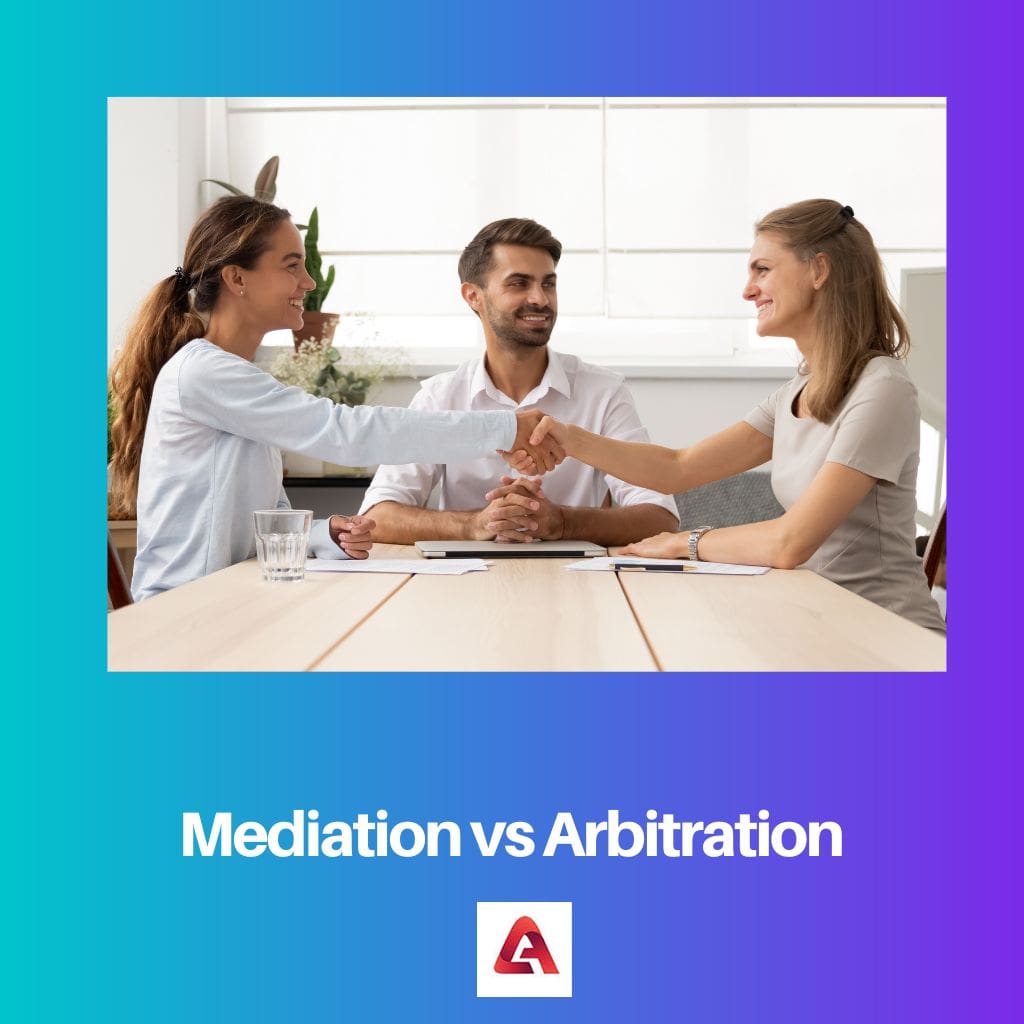
Mediation and arbitration are two very different methods of dispute resolution. It is important to understand the differences between arbitration and mediation before entering into either process. Understanding the difference …
The Veteran is a broad term that can be applied to anyone who’s served in the military – even during peacetime or if they were never deployed. Retired refers to …
The most significant aspect of a school is learning a subject and implementing what the students have learned. Assignments and homework are required for learning any subject from the ground …
Ancient times have always been a fascinating topic that everyone encounters at some point in their lives. We hear legends and myths that have been passed down through the generations. …
The words dear and deer are homophones (for example, words that sound something similar yet have various implications). Since they just vary by one letter, it is easy to stir …
There is no doubt that quality education creates a better society. More importantly, providing education for young minds is what every nation aims at because they are the future. Colleges, …
The changing world has a different impact on different people; some are changing for the good some are changing for the worst. To be successful or rich in life many …
A democratic nation isn’t born in a day. It takes centuries of struggle and decades of planning. While most countries follow a democratic government, the choice between the economy lands …
While sexual orientation performs the most essential means of finding a guy appealing to a woman, this isn’t the only component that determines why individuals are drawn to someone. Lust, …
Napkins and Towels are, used in our everyday presence. Both are used to clean the extra food on the lips right after eating the food, while the usage of towels …
Plateaus and hills are relief characteristics found on the earth’s surface. It implies that the earth is not a perfectly flat surface in all directions. Most people understand what they …
Animals have several different ways to protect themselves in different types of conditions. For example, camouflage is a technique from which animals can protect themselves by mixing their physical features …
The pair of words bye and buy is a homophonic pair among the many homophones in the English language. So, both the words, bye and buy are English words that …
Happiness is a transient emotion, whereas Contentment is a long-lasting, long-term feeling. Happiness depends upon external factors that are out of our control. Contentment, on the other hand, comes from …
Cactus and cacti are nothing but a plant that is growing in the toughest conditions. It has many features and handles tough conditions. Cactus is known for its ultimate survival …
Homophones are the most impressive part of English Grammar. These are also referred to as Confusing Words as we spell them/ pronounce them in the same way, but they have …
Changing environmental circumstances are affecting the operation of the earth’s ecology. Pollution is hurting the earth from the inside out, hollowing it out. This pollution is created by improperly treating …
In psychology, an attitude refers to different things such as your reaction to the situation, handling the situation, and experience plan for the future. Attitude can be of two types …
Poems are sung in the marriage ceremony to make the ceremony more beautiful. Edmund Spenser wrote two poems called Epithalamion and Prothalamion, and they both denote the occasion of marriage. …

No country has the right to undergo any criminal investigation or arrest criminals across borders. Cooperation between both nations’ police organizations is essential to carry out such activities. Hence, to …
People die, but their good deeds towards society are remembered for ages. Martin Luther King and Nelson Mandela are two such activists who raised their voices and brought change against …
Matrilineality and matriarchy are two notions that are centered on women. Matrilineality, on the other hand, is not the same as a matriarchy. The terms matrilineality and matriarchy are not …
It tends to be precarious to realize which word to utilize, particularly while utilizing homophones. Homophones are words that sound equivalent to each other. Justifiably, certain individuals have been mixing …
There are various ways that culture can be portrayed. Nonetheless, by any definition, culture is described as a social occasion for animals. For an ethnoculture to be in presence, there …
Several words or terms have similar pronunciations but different meanings. These terms are used in the world. They are widely used by many people across the globe. Two such words …
Law is one of the essential requirements to form society. Law is something that makes humans lives different from wildlife. Law is necessary to provide equality and make every person …
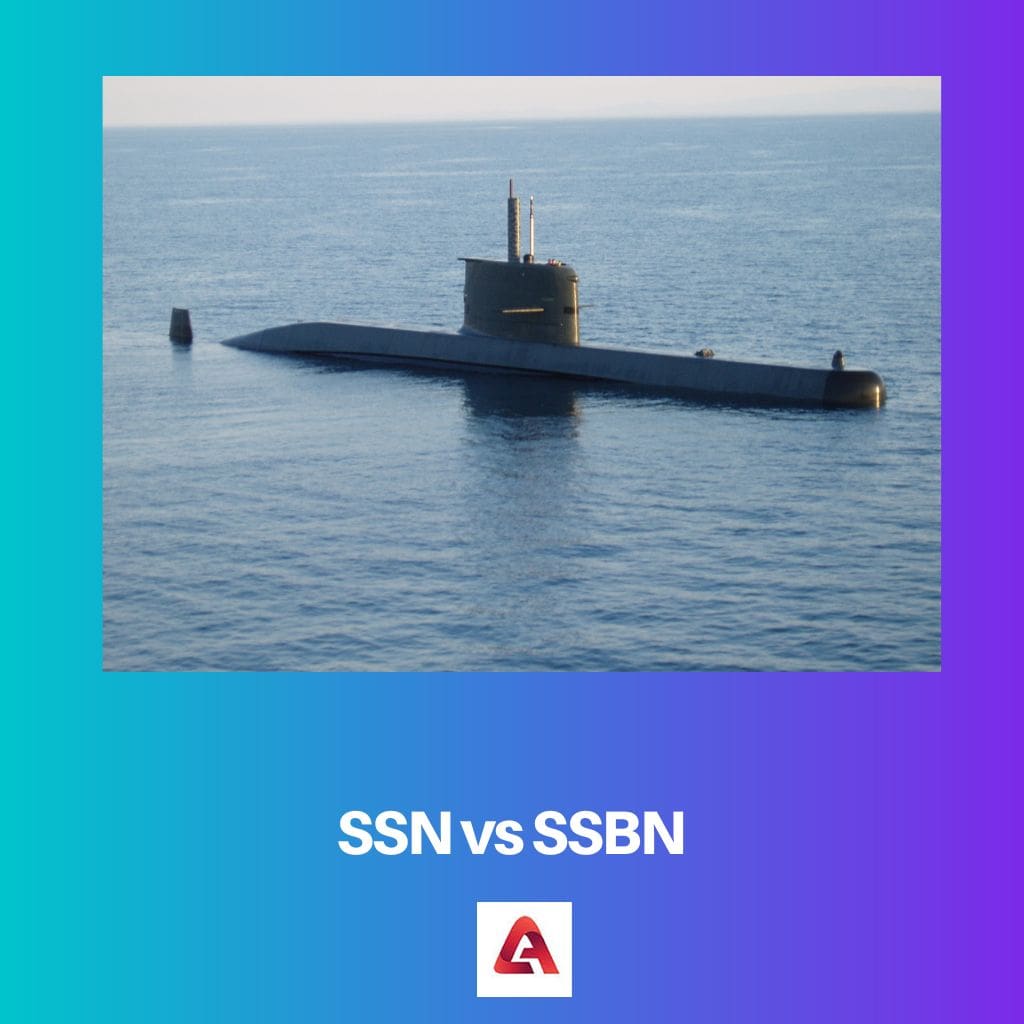
The attack submarines SSN and SSBN are similar. The design and principal purposes of the two are what differentiates them. Submarines are thought to be a dependable source of power. …
A homophone is a tricky topic in the English language. There are many homophones in English. We need to comprehend homophones in writing instead of learning how to pronounce them. …
The words patriarchy and paternalism are confused with each other due to the way they sound. The correlation between patriarchy and paternalism when put to use in practice. Although patriarchy …
The Narrator might be a character in the tale (though not typically) or someone from the outside world (more frequently). It’s vital to remember that just because an author’s name …
A population is a collection of creatures of the same variety that live in the local geographical region and are competent of interbreeding, according to ecology. Interbreeding among any combination …
We come across many words that are similar in sound but different in meaning and spelling. Such words are known as homophones. The words beet and beat are two such …
Society is a fundamental function of human civilization; it has been an essential part for billions of years. A human being tends to live in groups. Society and community make …
Hair and heir are two words in the English dictionary with similar pronunciations but completely different meanings. Their origin is from both the ancient Latin and Greek derivatives used to …
Exercise is a bodily activity that is done to maintain the physical fitness of the body. By doing exercise, we can become mentally and physically fit. Various reasons are there …
A Sport means any type of game or physical activity that improves the skills of a person. Sports are competitive, and there is a lot of entertainment involved in it. …
Economic systems are the backbone of any society of the world. Since the dawn of civilization, society has developed. Gradually, the economy has been built by several countries. Now in …
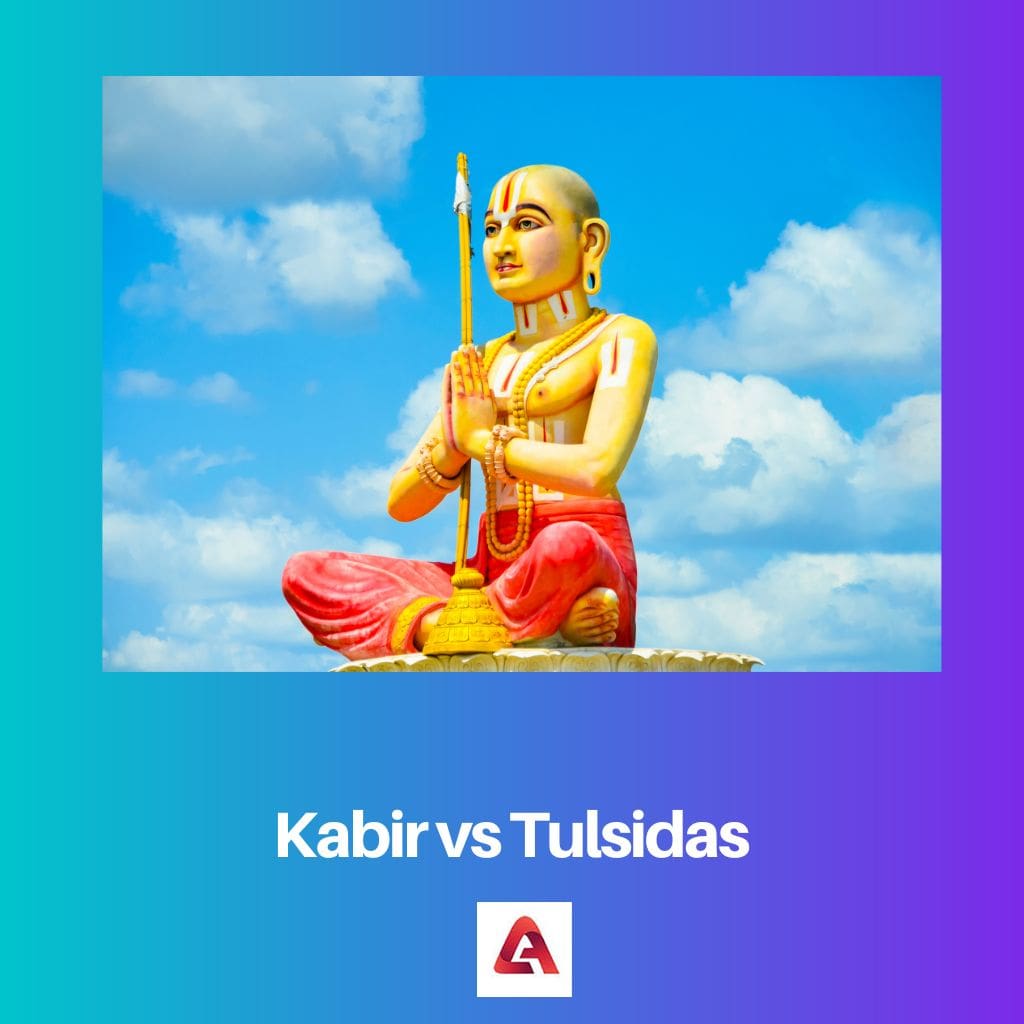
In the 13th Century India, a fresh wave of the Bhakti movement started. It gave birth to some great poets and saints on this land. Two of these saints are …
Even though both have Old English roots, the words forth and fourth are spoken similarly but are spelled differently and have different meanings and etymologies. They’re homophones, which means they’re …
English grammar is magical, but one such part of English grammar that is startling on its own is homophones- what is spelled and used differently but sound strikingly similar. But …

Technical jargon is not everyone’s cup of tea. There are many different terms with microscopic differences in theory but contain important distinctions when applied practically. Submittal and transmittal are two …
We are continuous learners right from birth to death. We keep on learning this world and learn many things every day in our life. But when we come across the …
The Sword and the Katana are two deadly weapons used ages ago on battlefields. But today, these weapons have become art for decorating our indoor walls and a fascination for …
Everything has its meaning and essence, from living to nonliving, from various occupations to things to specifications, and a few phrases that seem similar but are completely contrary are also …
English is the international language, that is to say, English is the language that is accepted by almost all countries, and thus it acts as the common language among all …
There are several ways in which people suffer for their good or bad deeds. When someone does something bad, then they are treated under government orders for punishment. However, some …
The main difference between advocacy and lobbying is that advocacy includes making different sorts of moves to bring change, while lobbying includes endeavors to impact the choices, activities, or arrangements …

The B.E.D. and B.E.L.E.D. Degrees are two options that are offered to people who want to teach. Both of these degrees are offered by educational departments that will allow a …
Education causes a natural and long-lasting shift in a person’s thinking and skill to realize a selected objective. It allows us to analyze our thoughts and feelings and prepares us …
UPSC and PCS differ in terms of their scope. The UPSC is responsible for monitoring IAS recruitment while the PSC is hiring candidates for public service roles within a state. …
Language defines the identity of a person. National languages and Official languages are the identities of a country. It is an instrument to express thoughts, ideas, and emotions. National and …
F1 or Formula 1 and IndyCar are two racing cars, that are popular amongst the racer. Racing cars are falt than the usual cars, where only one racer can sit. …
Literature represents the tradition and culture of people or a language. Literature works as a blueprint of society by portraying every angle of society. Poetry is a popular form of …
A single word can have many meanings and even a change in spelling would result in a new word. Therefore, a noun can have multiple meanings and can be used …
Thanks to Fifty Shades of Grey, no one will ever look at these words the same again. The words submission and surrender hold very different meanings. However, these words also …
A nation or any organization has several different official individuals such as ministers, presidents, and more. All the officials have different responsibilities, functions, and roles. Depending upon their roles and …
Procrastination and putting off are essential words in the English language. These two terms are used simultaneously for various sentences, but they have many differences. Procrastination means when people delay …
Educators require a proper set of objectives, methods, and an outline to undertake the necessary steps for a lesson and measure its feedback and outcomes from the pupils. Lesson Plan …
Homophones- the most bewildering part of English grammar. They sound similar but differ in definition, meaning, and usage. At a beginner level, these homophones may perplex any man. One such …
The pair of English words chord and cord are part of homophones.People, especially non-native speakers, tend to perplex by these two words due to their identical pronunciation. However, both the …
Eminent refers to someone well-known, whereas impending refers to anything that is about to occur, such as an accident. Homonyms are frequently, and appropriately, a cause of discomfort for the …

I am sure, you have clicked this site only because you are a motorcycle lover and you want to know about the difference between two motorcycles and that is Brat …

Axis and axes are two commonly mistaken words; they are spoken similarly but spelled wrong that may have multiple interpretations. The examination for the meanings of axis and axes, as …
English is one of the languages that is spoken wherever we go and is considered as one of the universal common languages used for communicating in different countries. Hence, it …
A homophone is a well-known concept in the English language. Homophone words appear similar while conversating but distinct during writing. Moreover, they even have different meanings. Cruise and crews are …
Personalized gifts are the most popular presents to give to family or friends on special occasions. They are known as antique and unique. Both can be gifted or used as …
‘Feet’ and ‘feat’ are homophones, indicating that seem the same but have distinct spellings and connotations. They can become perplexing as a result of this. A misspelling among these two …
A homophone is a very well-known concept in the English language. The word homophone is from the Greek language, which means some words that have identical pronunciation while speaking but …
Solitaire and Poker are card games that have been played for centuries. They are forever classics in various households and casinos. They are played in leisure time to attain productive …
Word games have always been popular among the audience. Crossword and Scrabble are popular entities in the gaming industry. They are cherished by millions of people all across the world. …
Olympics are greatly admired by people that love sports and games. In Olympics, many countries get a chance to represent themselves with the help of athletes or sportspersons. The games …
Pens are used for drawing and writing on paper. The pen is considered a type of instrument for writing. The pen consists of ink which is discharged via a nib …
The nouns “recurring” and “reoccurring” are confused with each other because they are pronounced the same way, have almost similar meanings, and are both used as nouns. However, they have …

Despite their numerous similarities, computer science & information technology (IT) are 2 distinct topics. Computer science is the study of the design and construction of computers and computer programs. Information …
A homophone is a very intriguing and confusing topic of the English language. So, homophones are words that have the same sound but have different meanings and usage. The words …
Grand slam and Homerun are the two most used terms used in baseball. A professional baseball organization is popularly known as Major League Baseball (MBL). According to the MBL stats …
The breeder that creates a breed would do this by choosing native animals from a hereditary stream that they believe have the required attributes to improve the breed pattern they …
We come across a lot of similar words or words that have different meanings but are pronounced more or less the same. These words can early be found in several …
English is a well-known language for homophone (the words similar to pronounce and different in meaning). We get confused between the spelling and usage of homophones. We tend to use …

Imagine you’re at a restaurant along with your friend circle. Most of the time you tend to order more food than you can eat when you’re with your friends, right? …
Lien is a technical term in law that refers to the legal claim that an owner of a property has against a debtor who holds the property as security for …
MotoGP and F1 are two of the fastest motorsports on the planet. They each come with their own distinct set of challenges, and both sets of drivers are pushed to …
There exist several types of activities that can be performed by humans. There are several types of professions that can be pursued by humans. However, these professions can vary from …